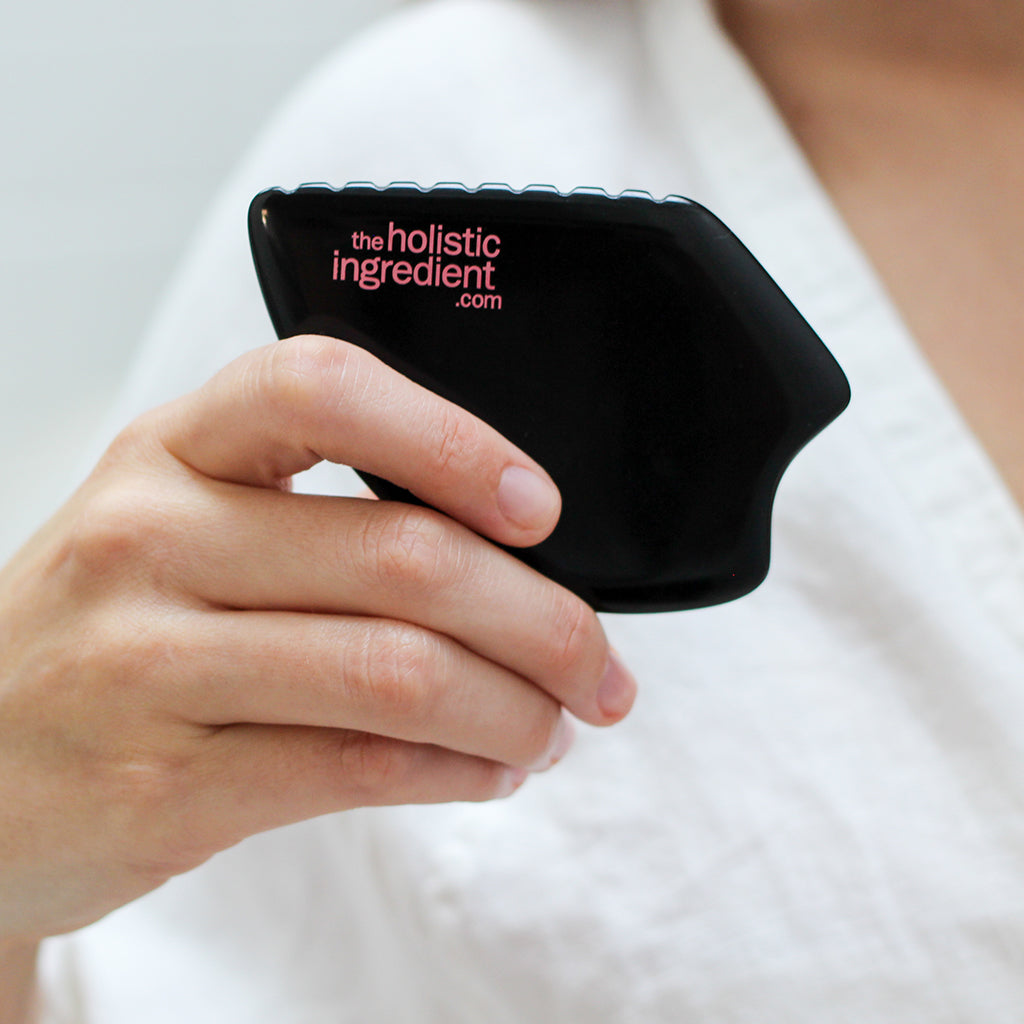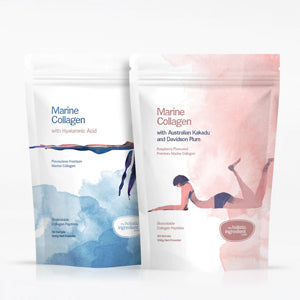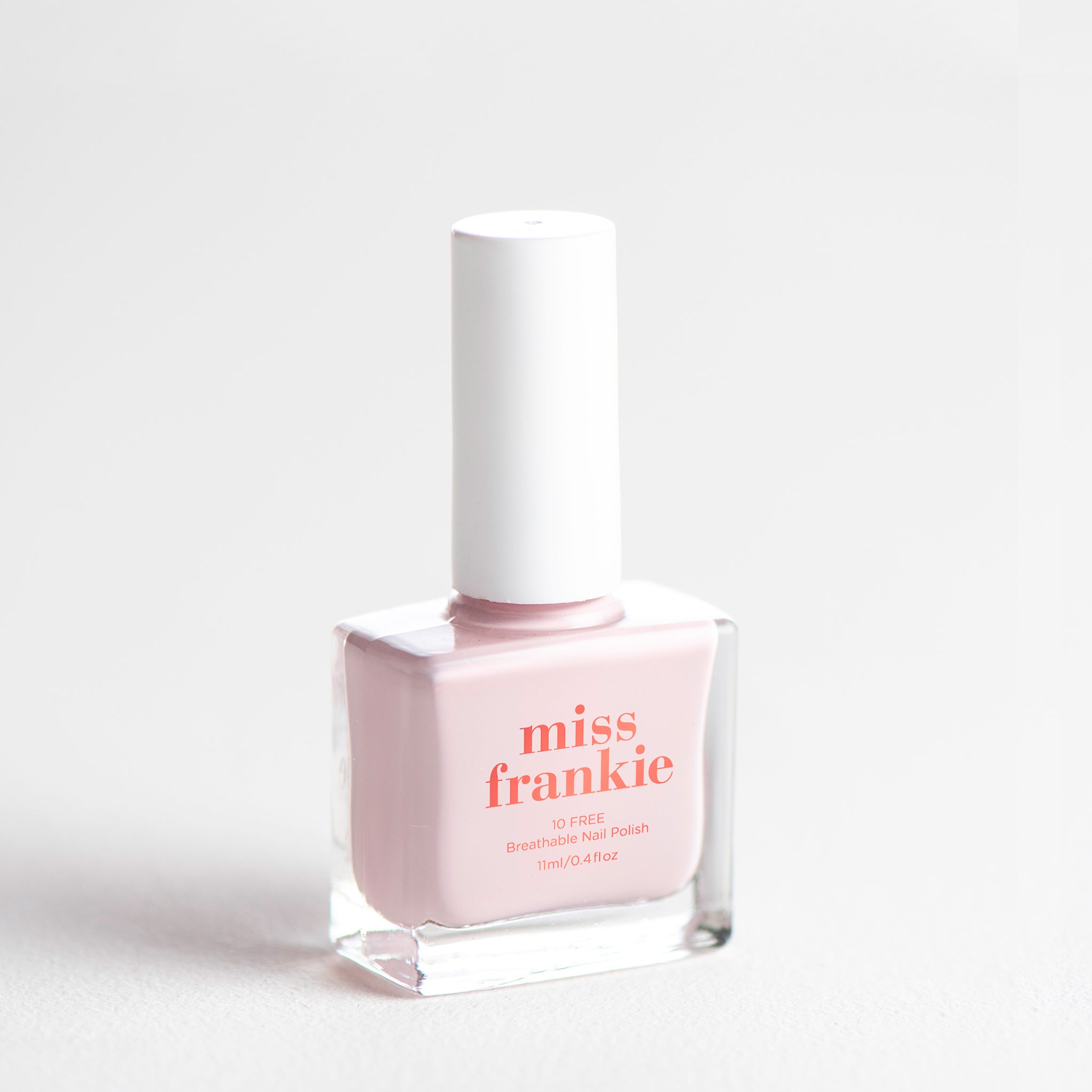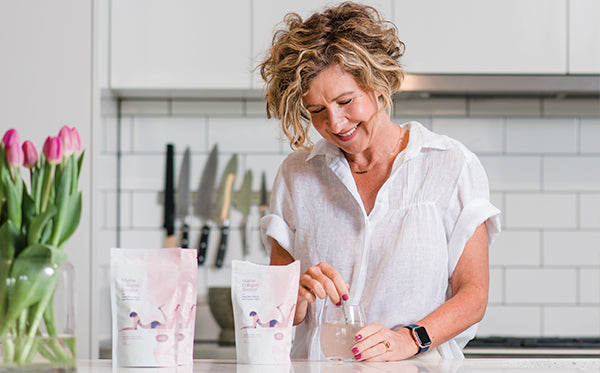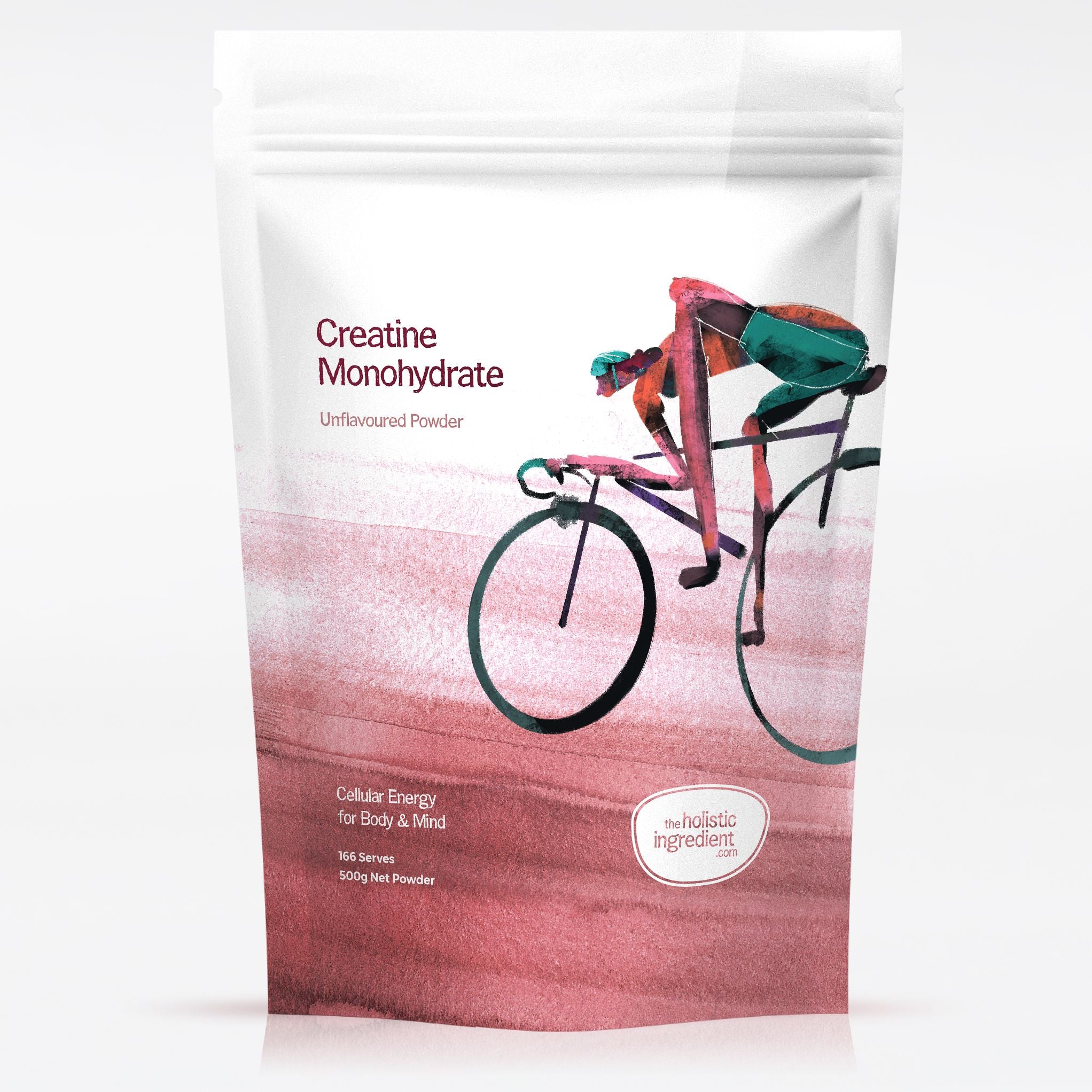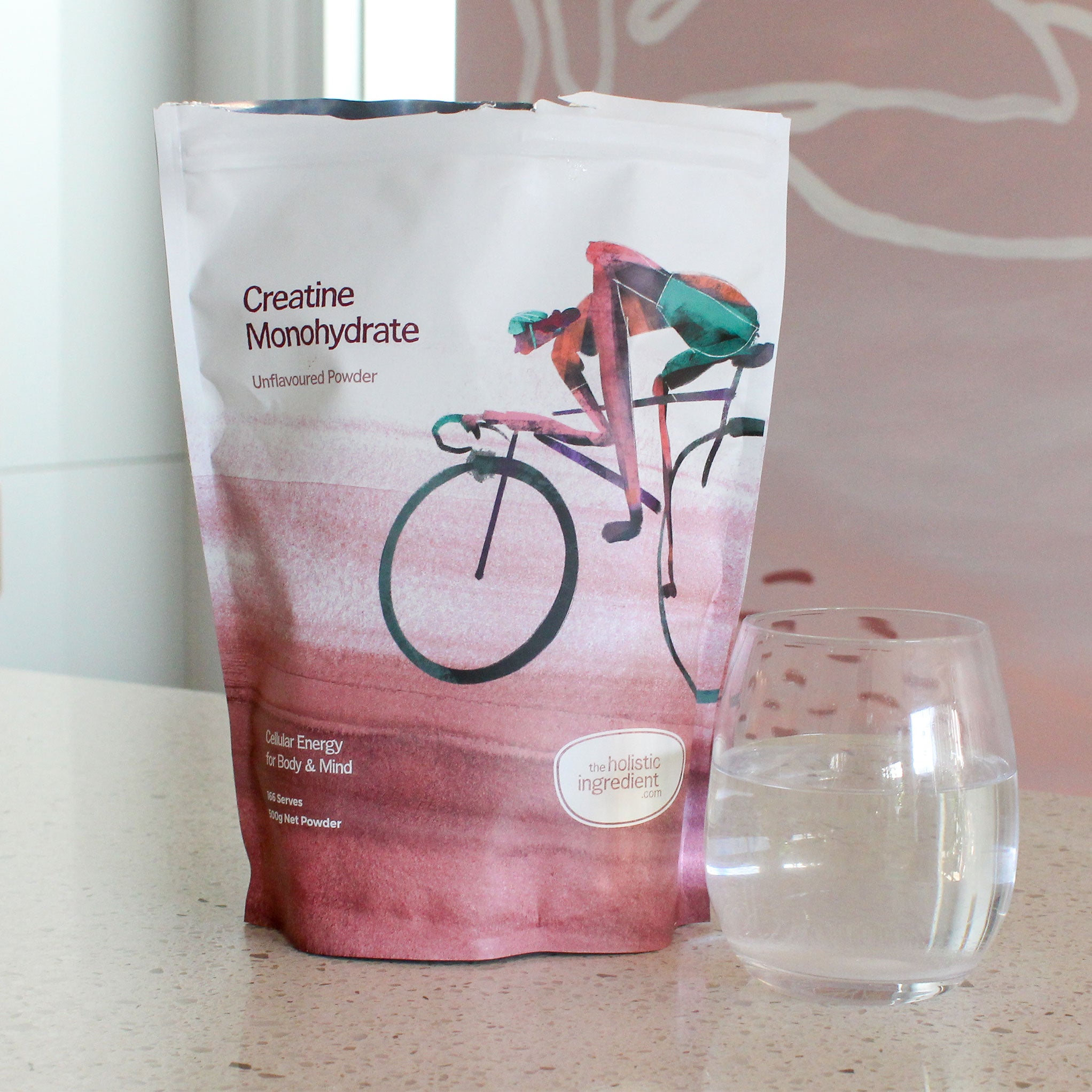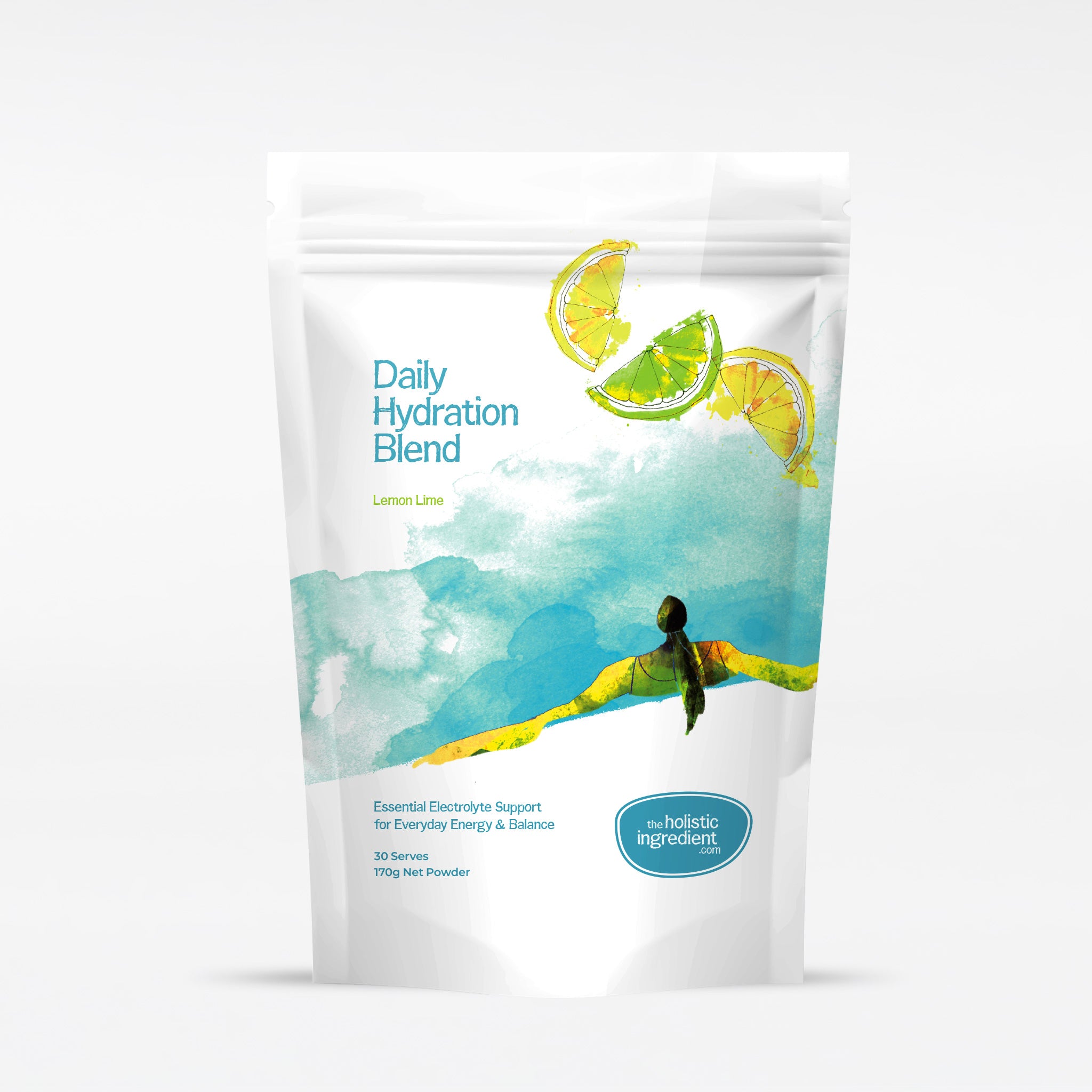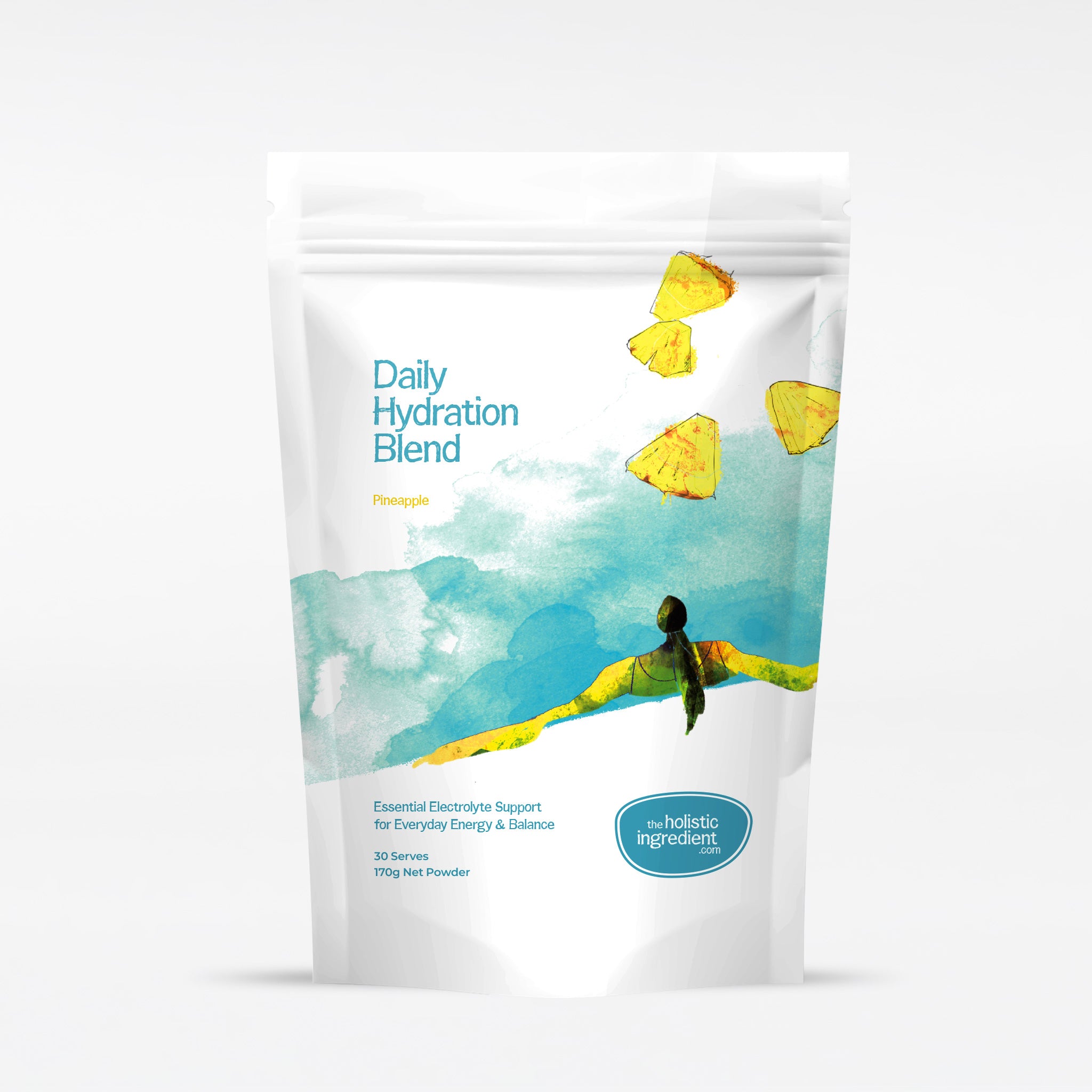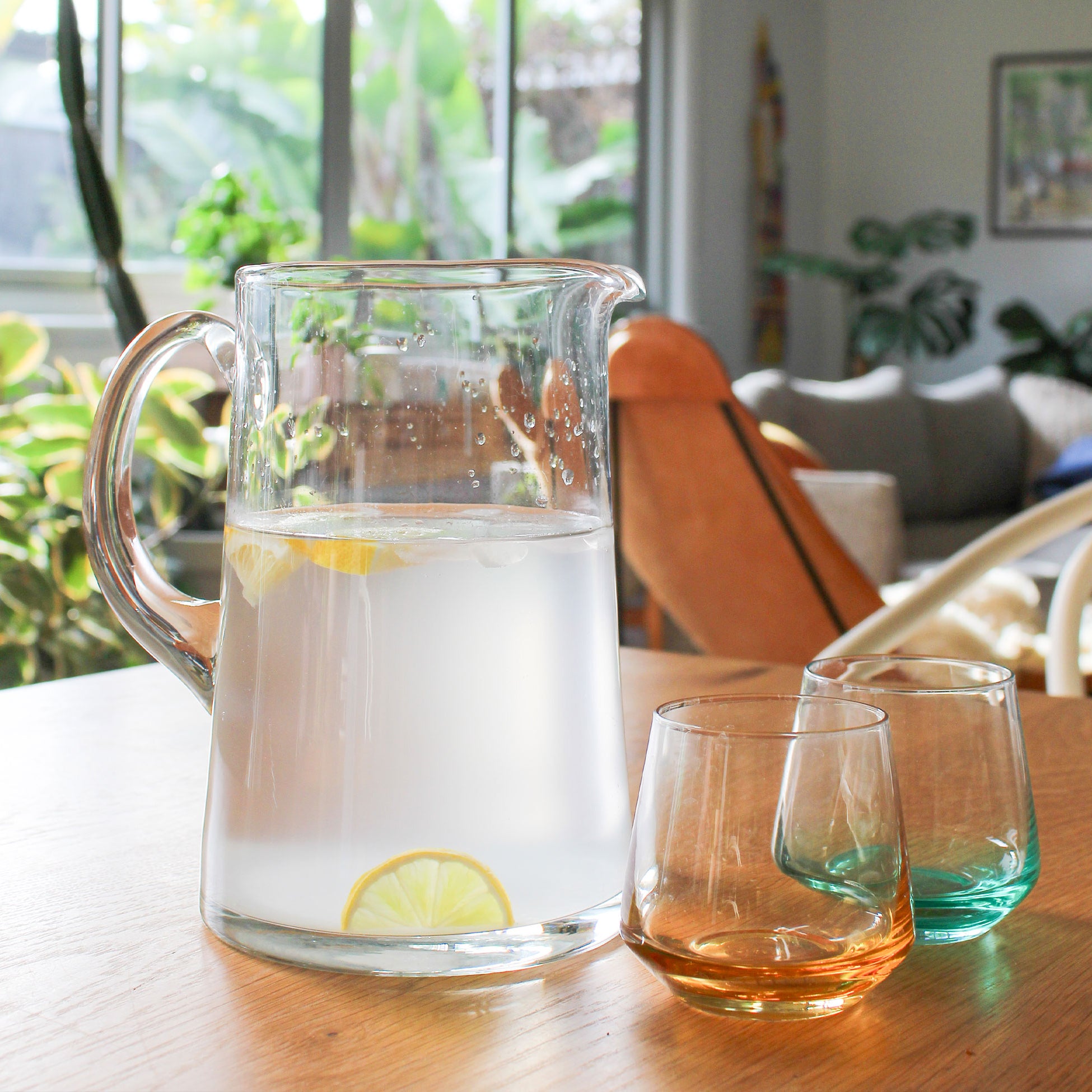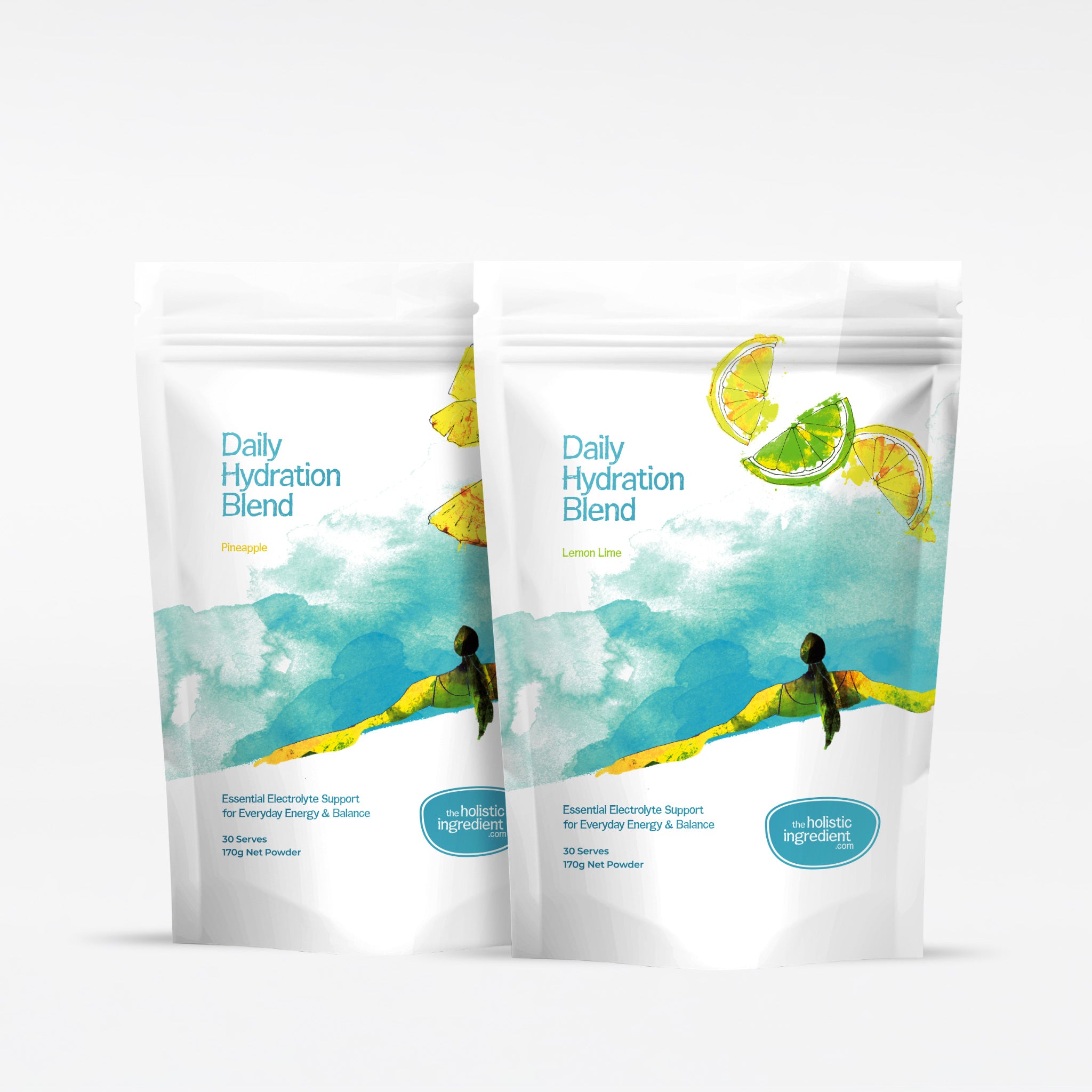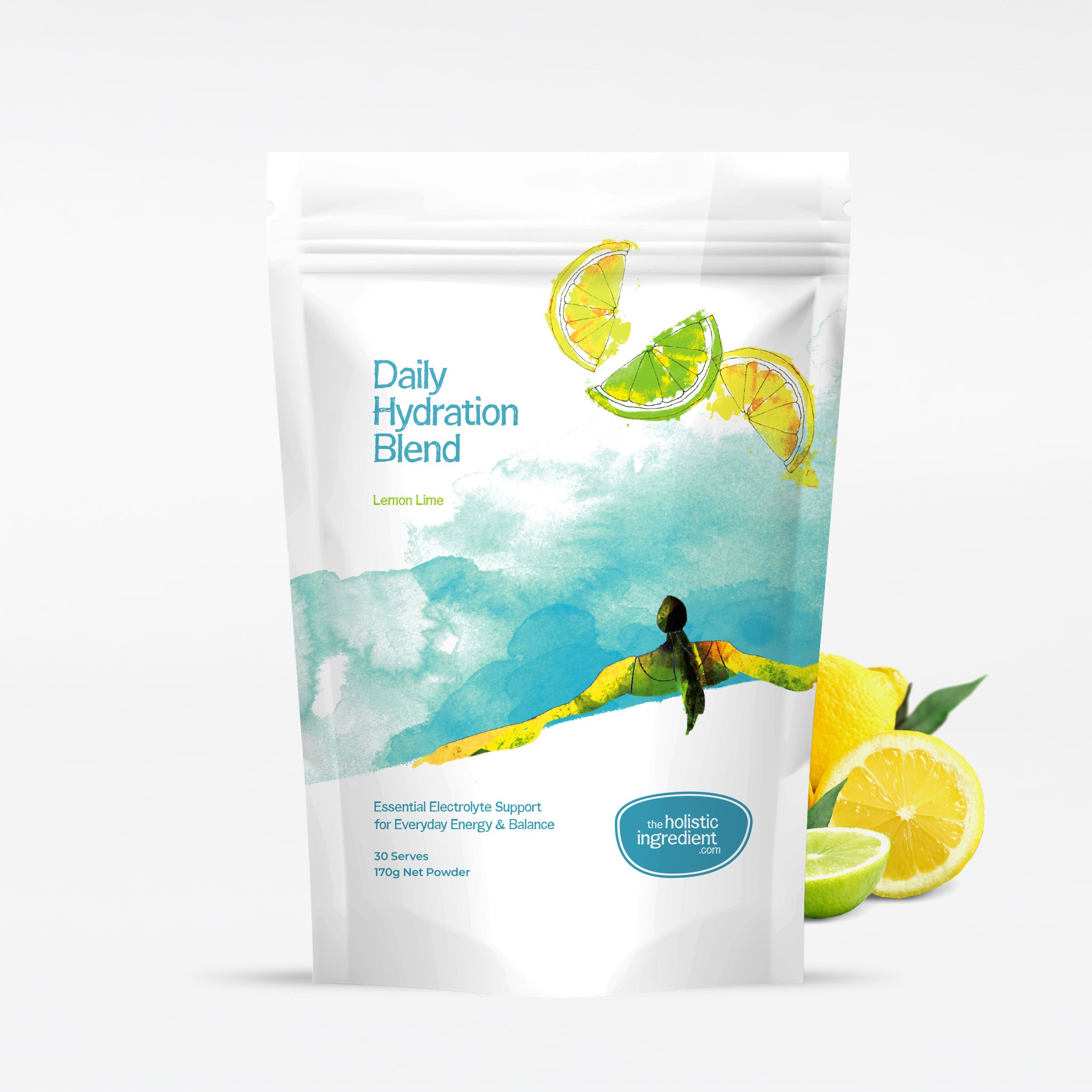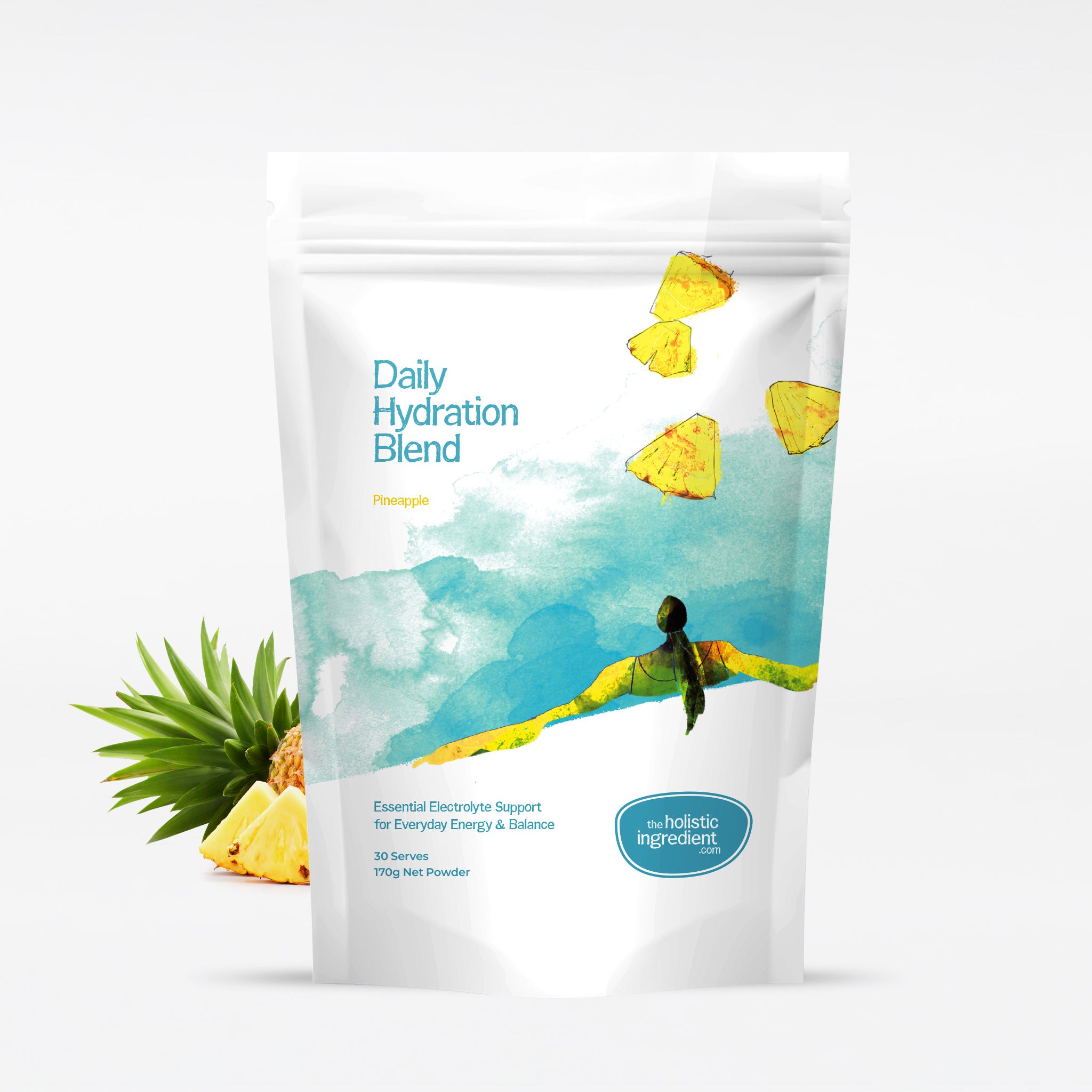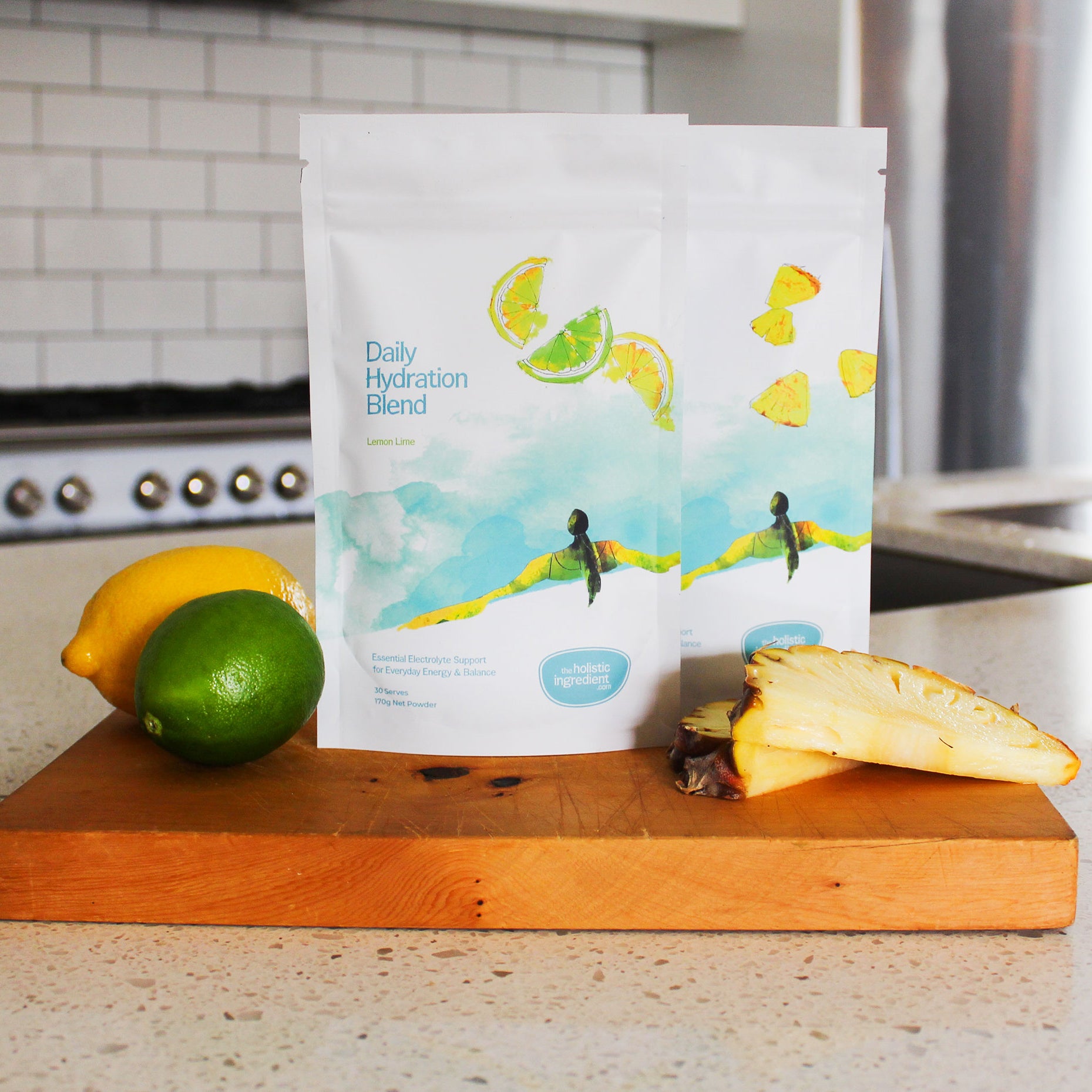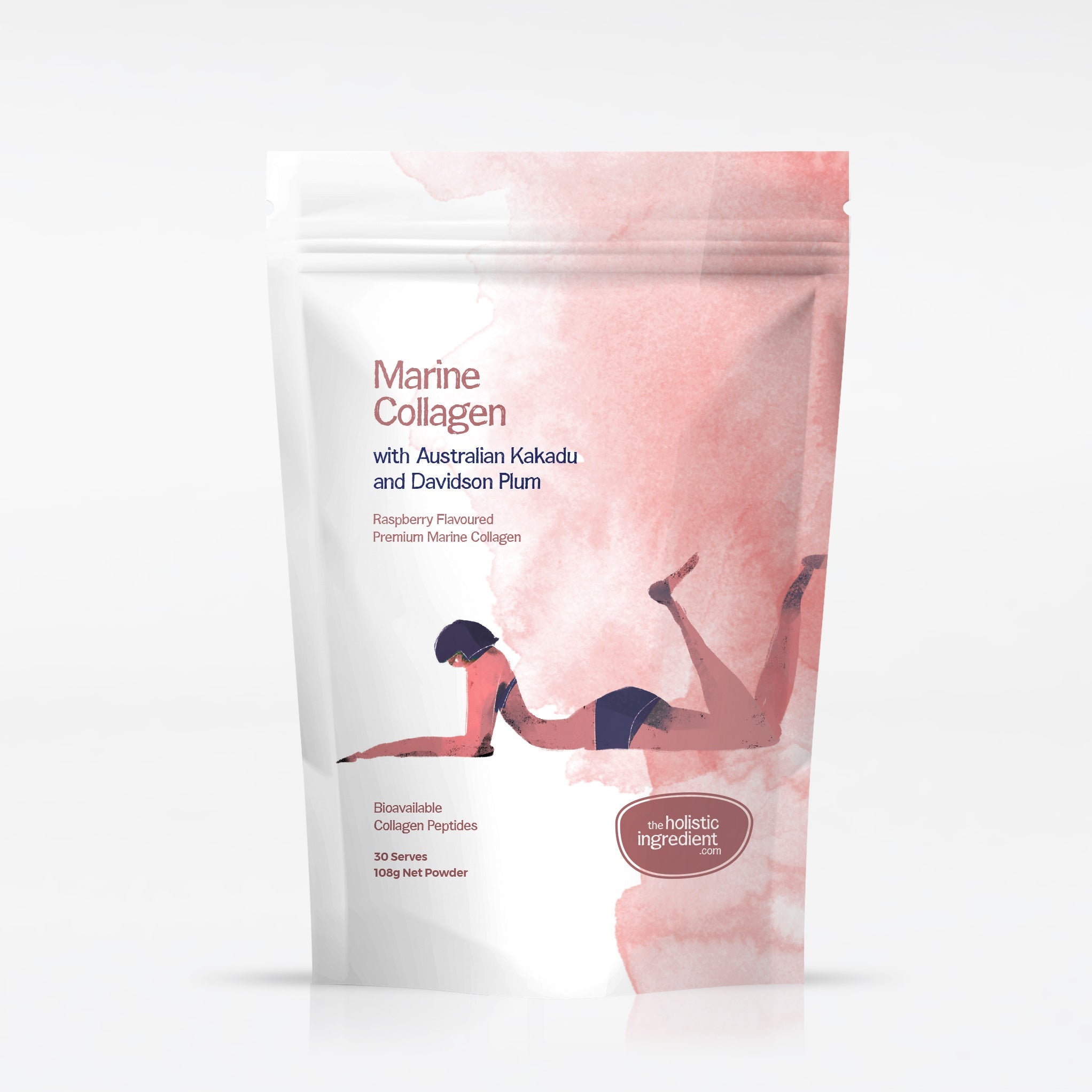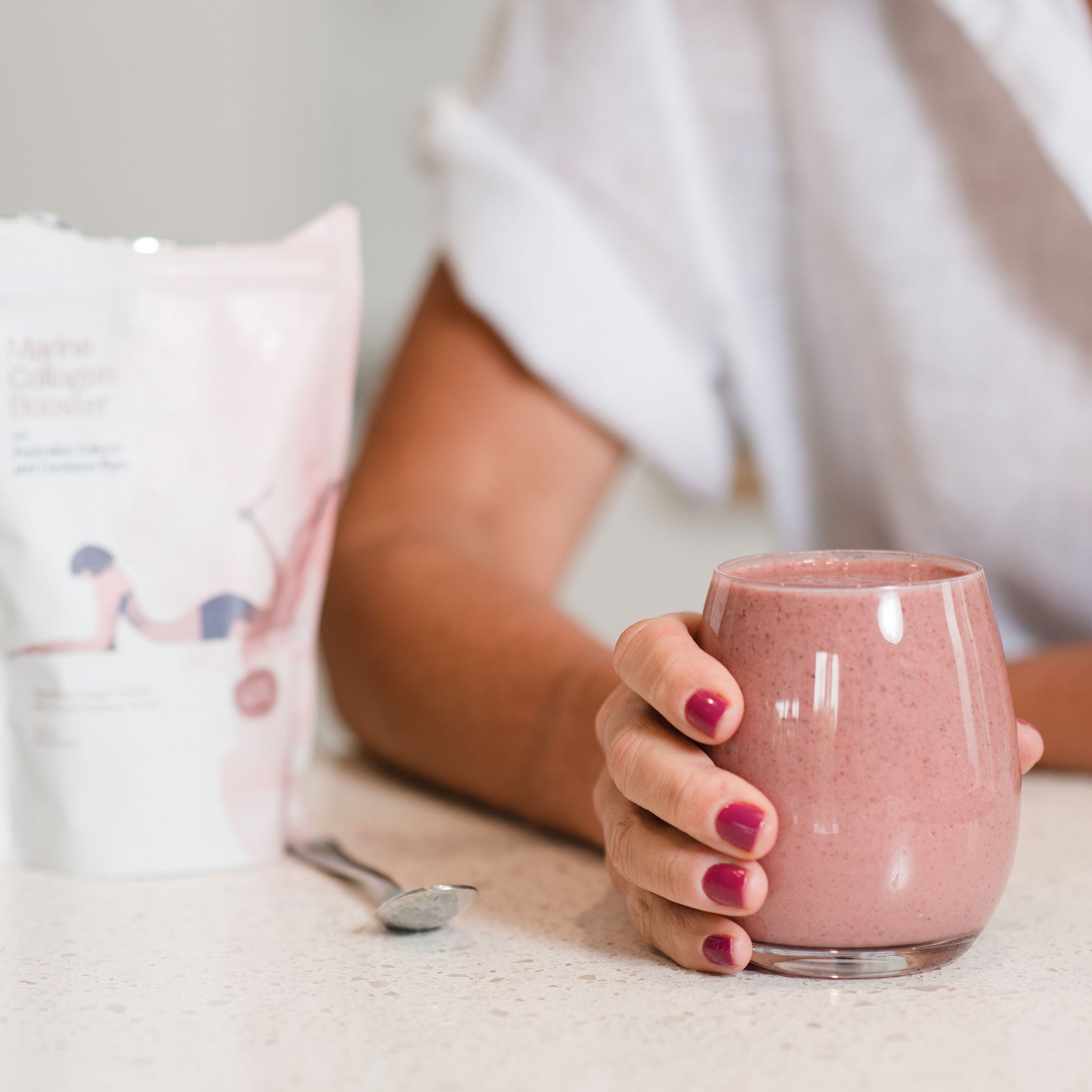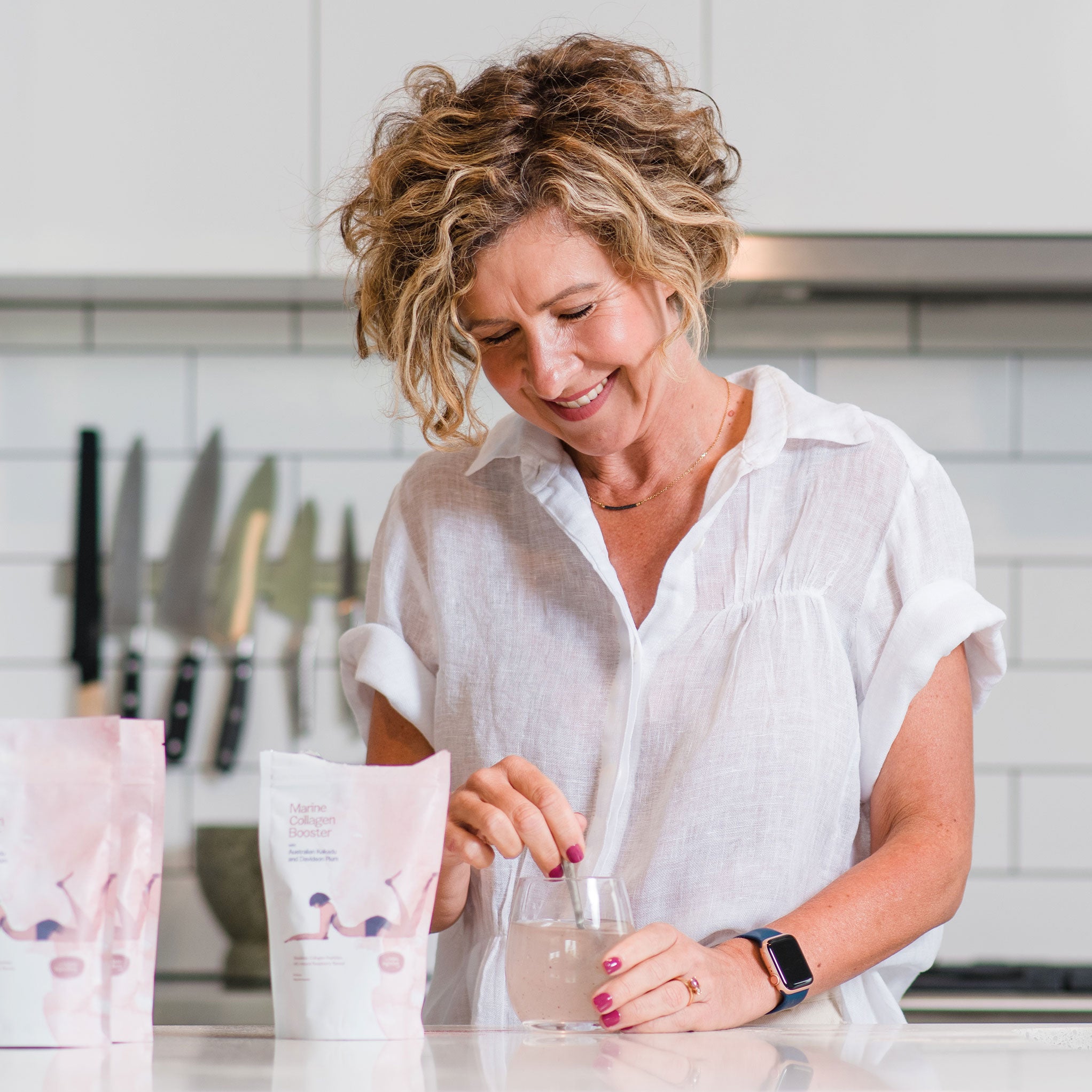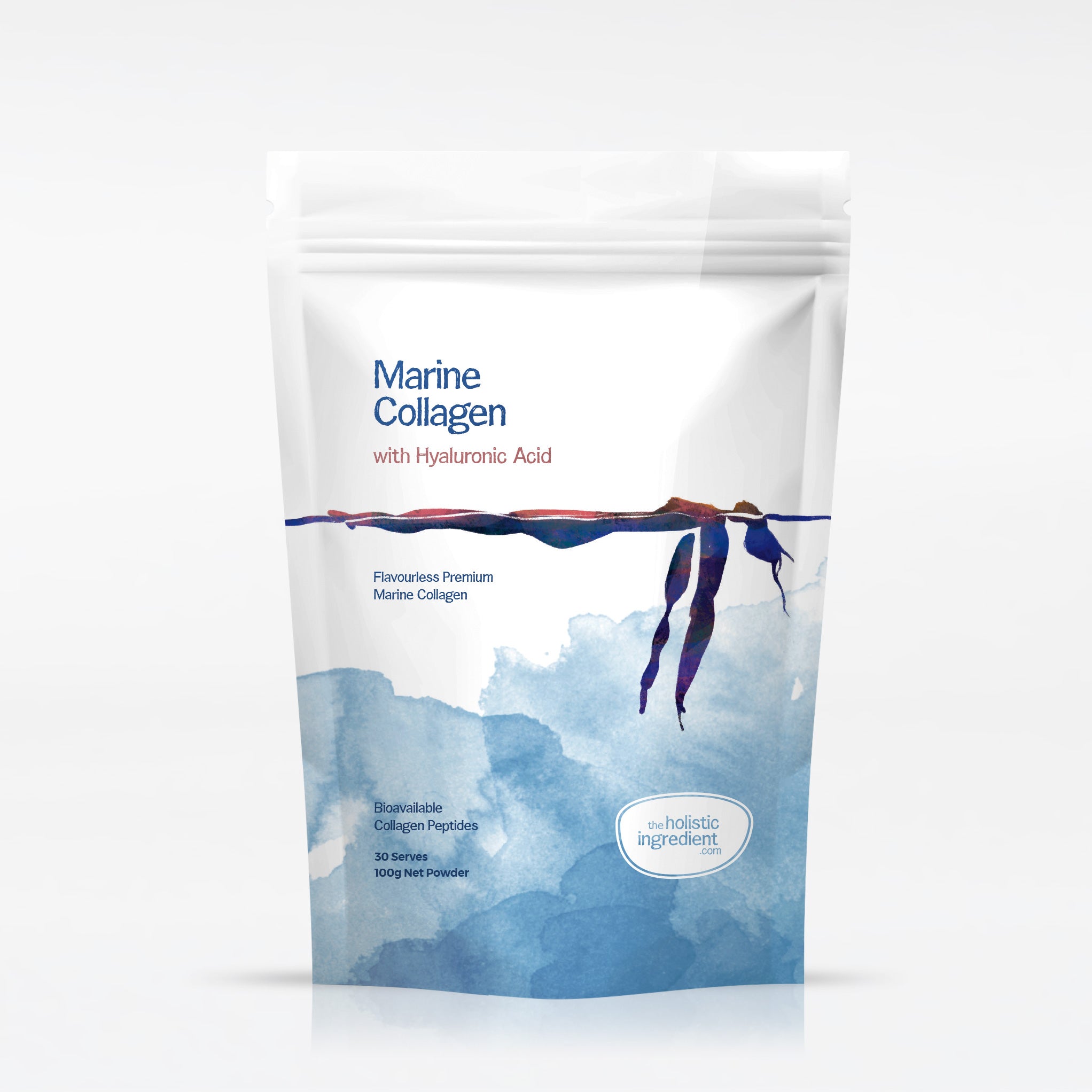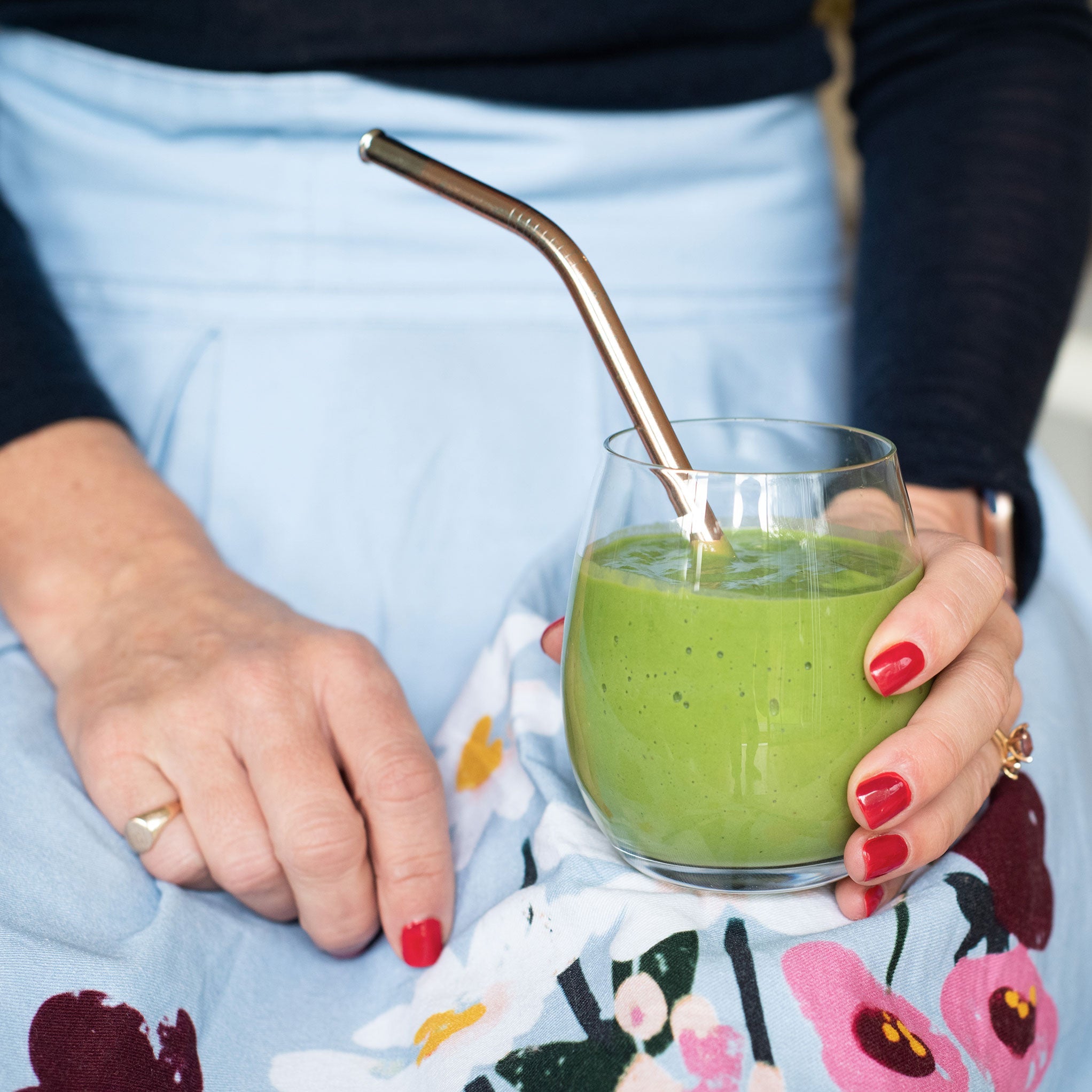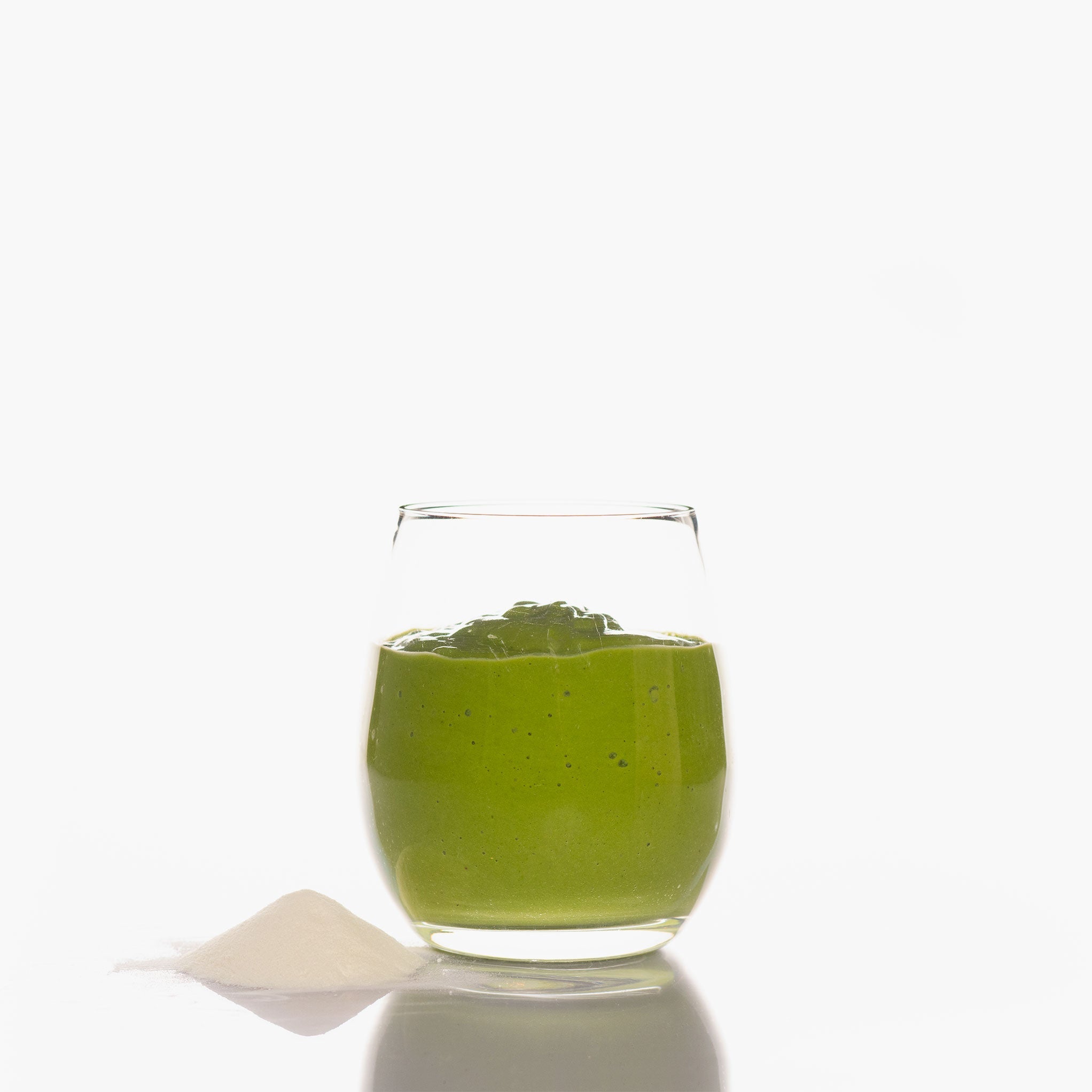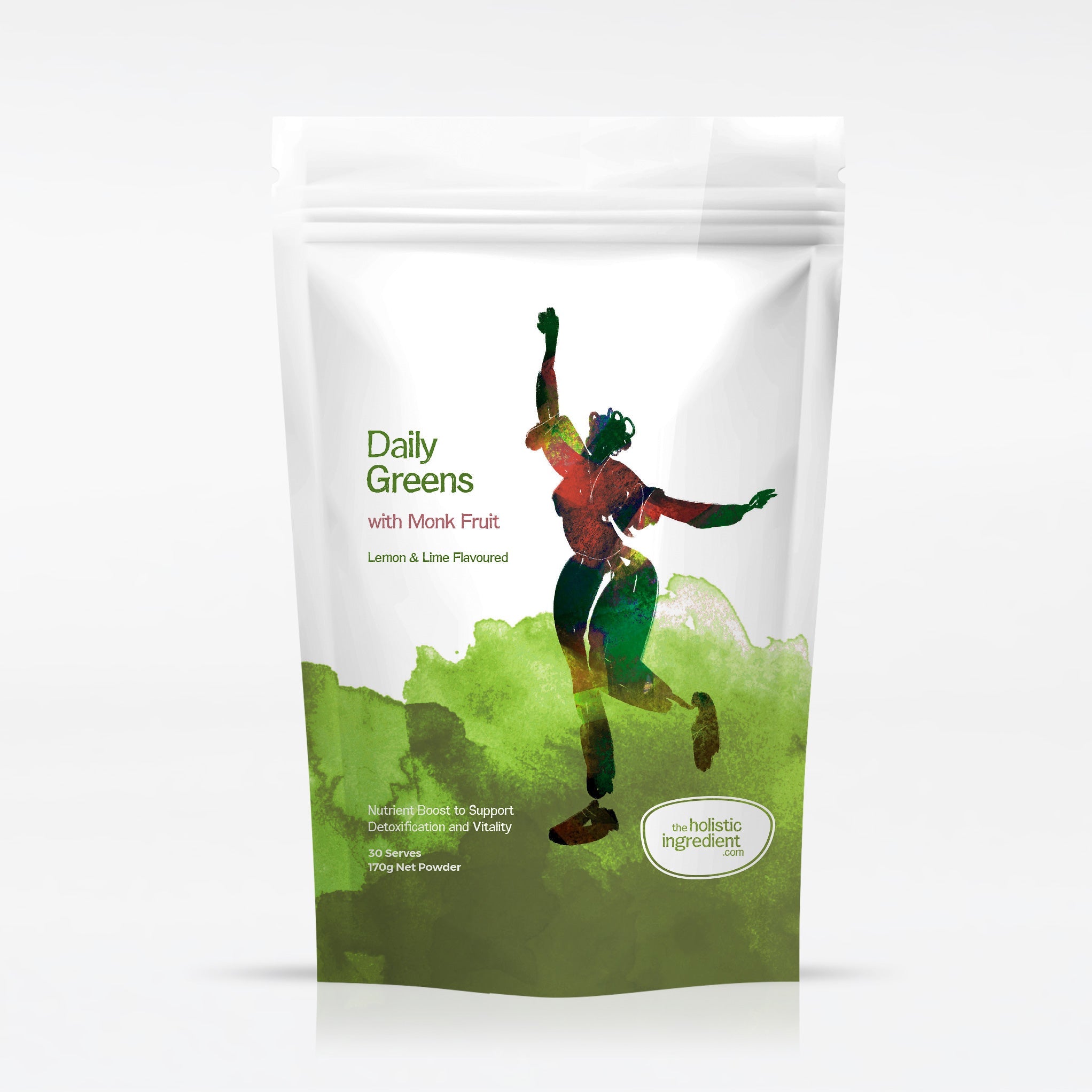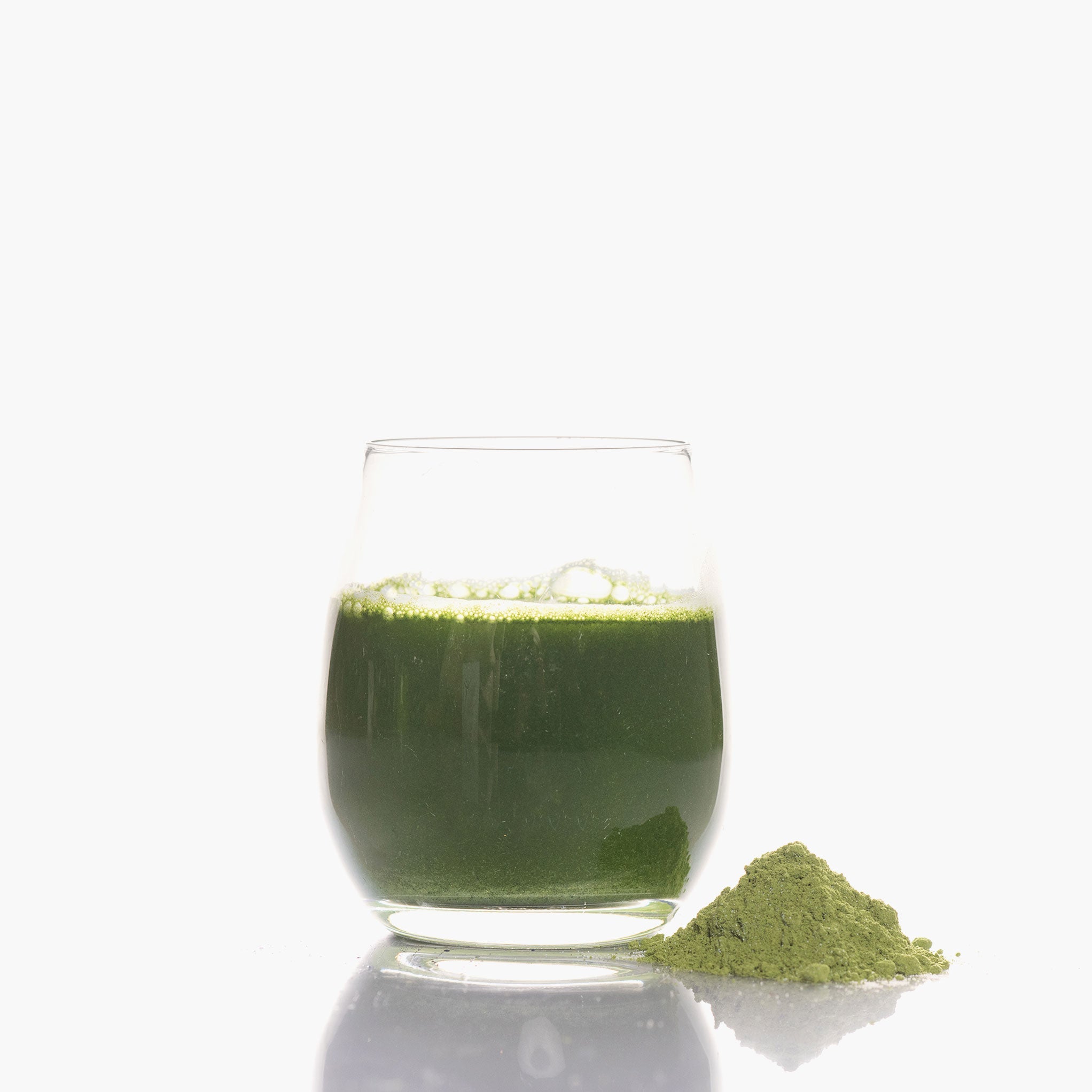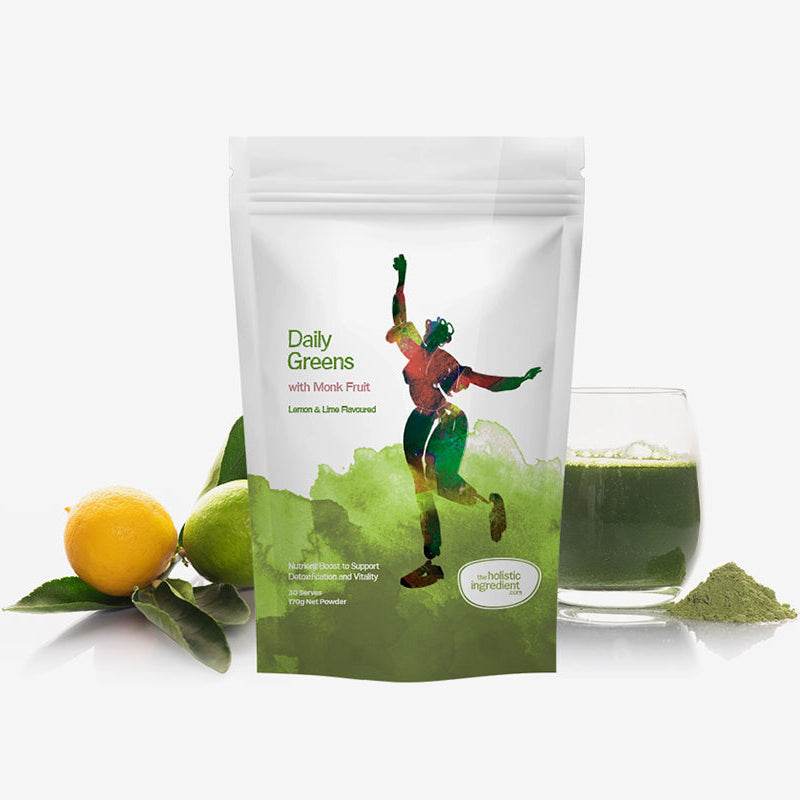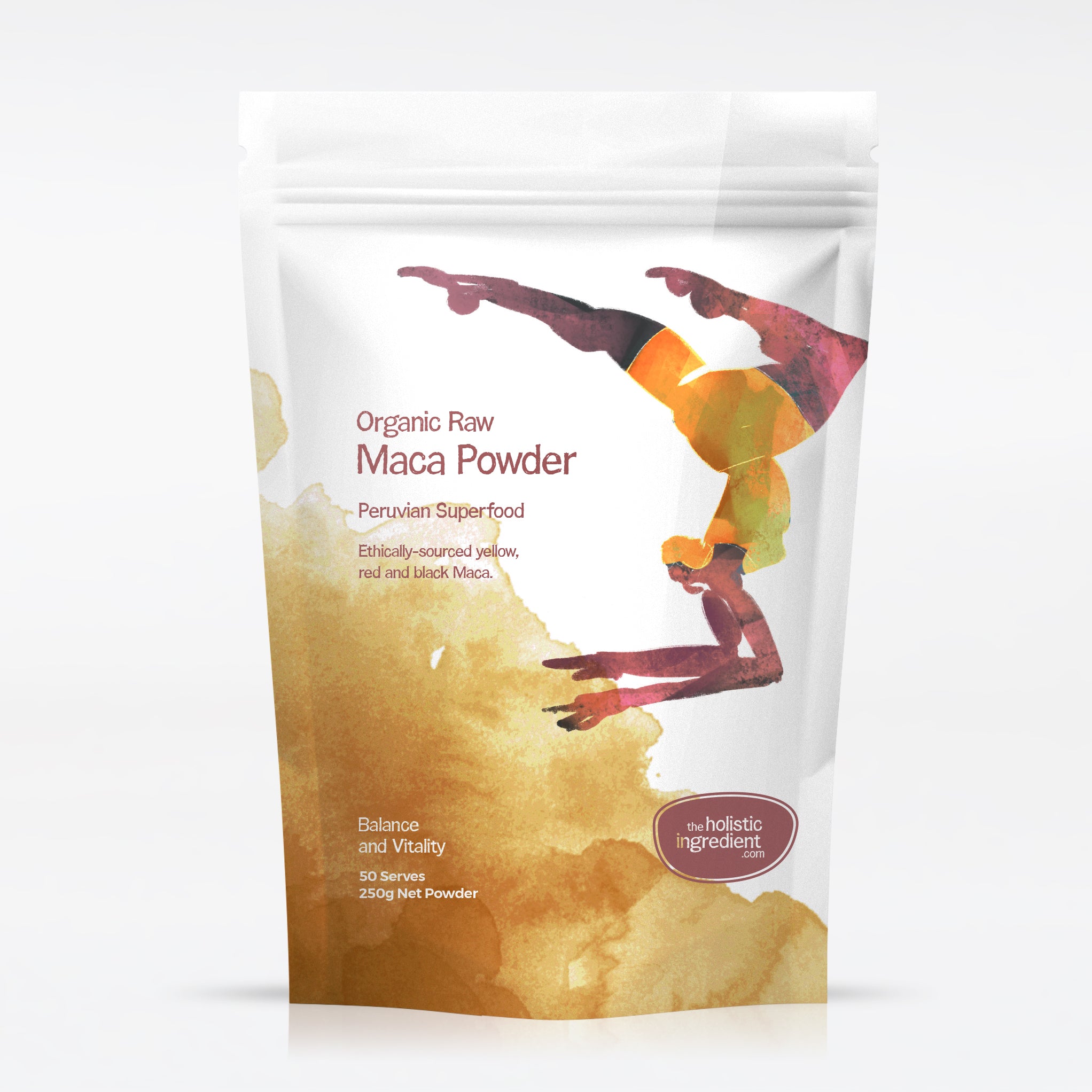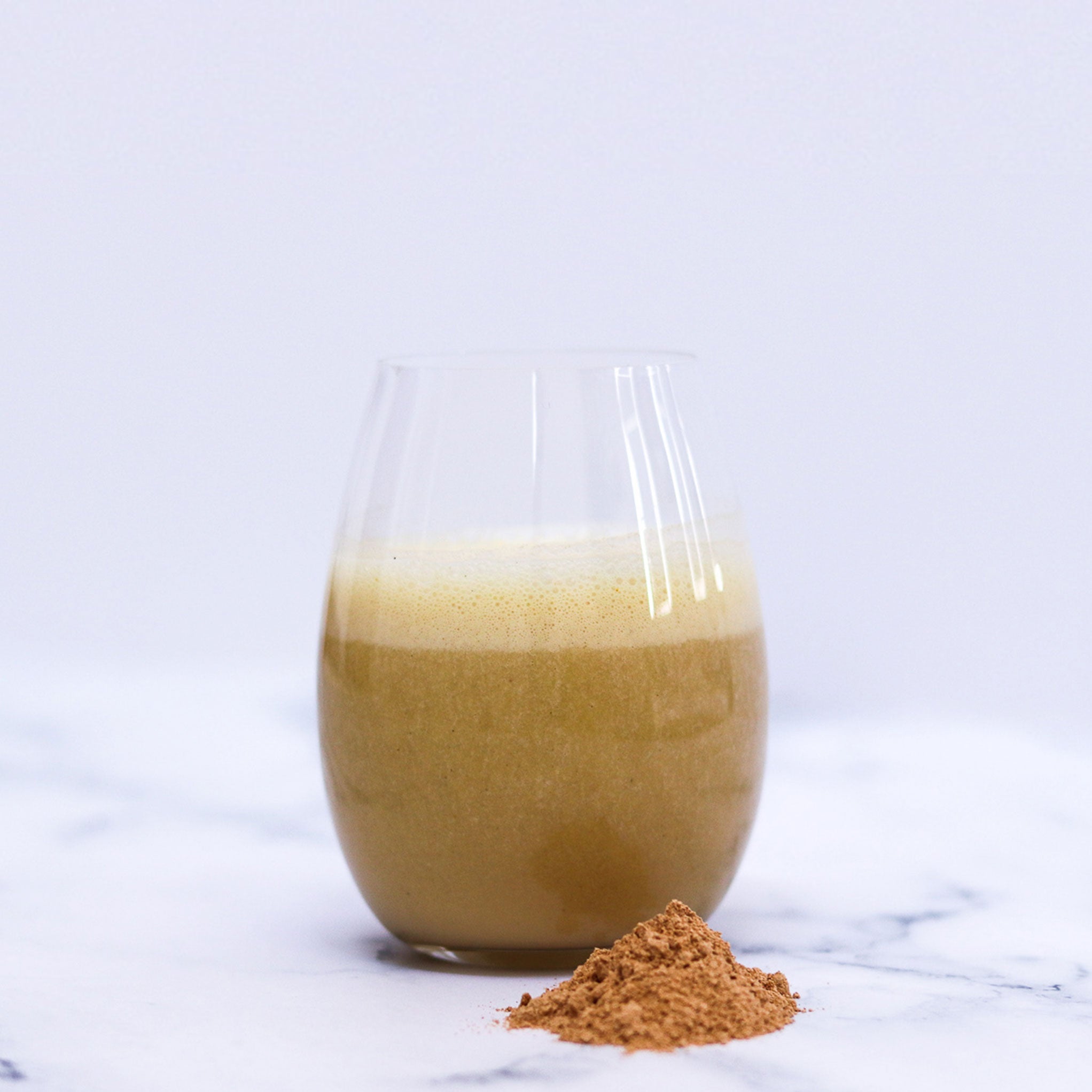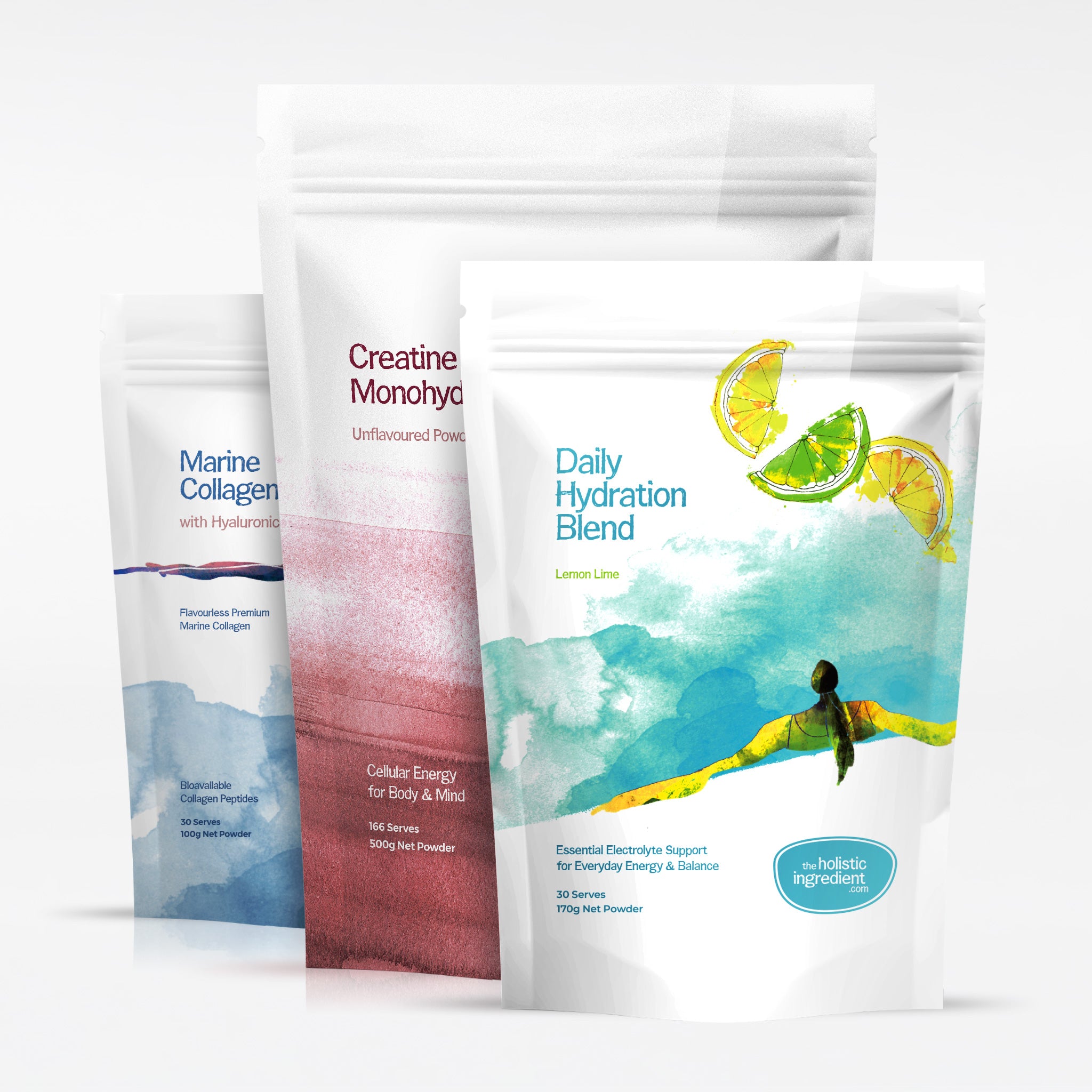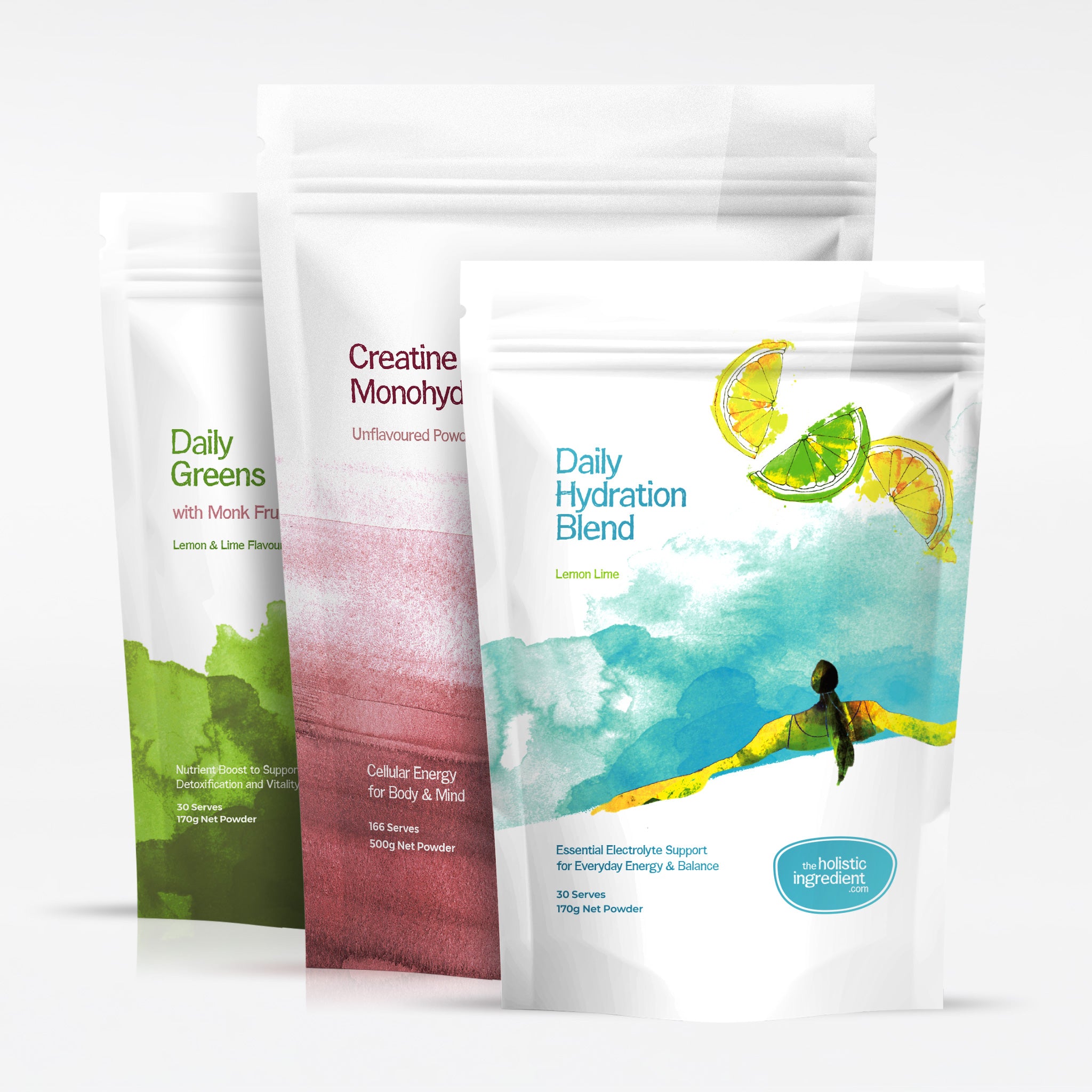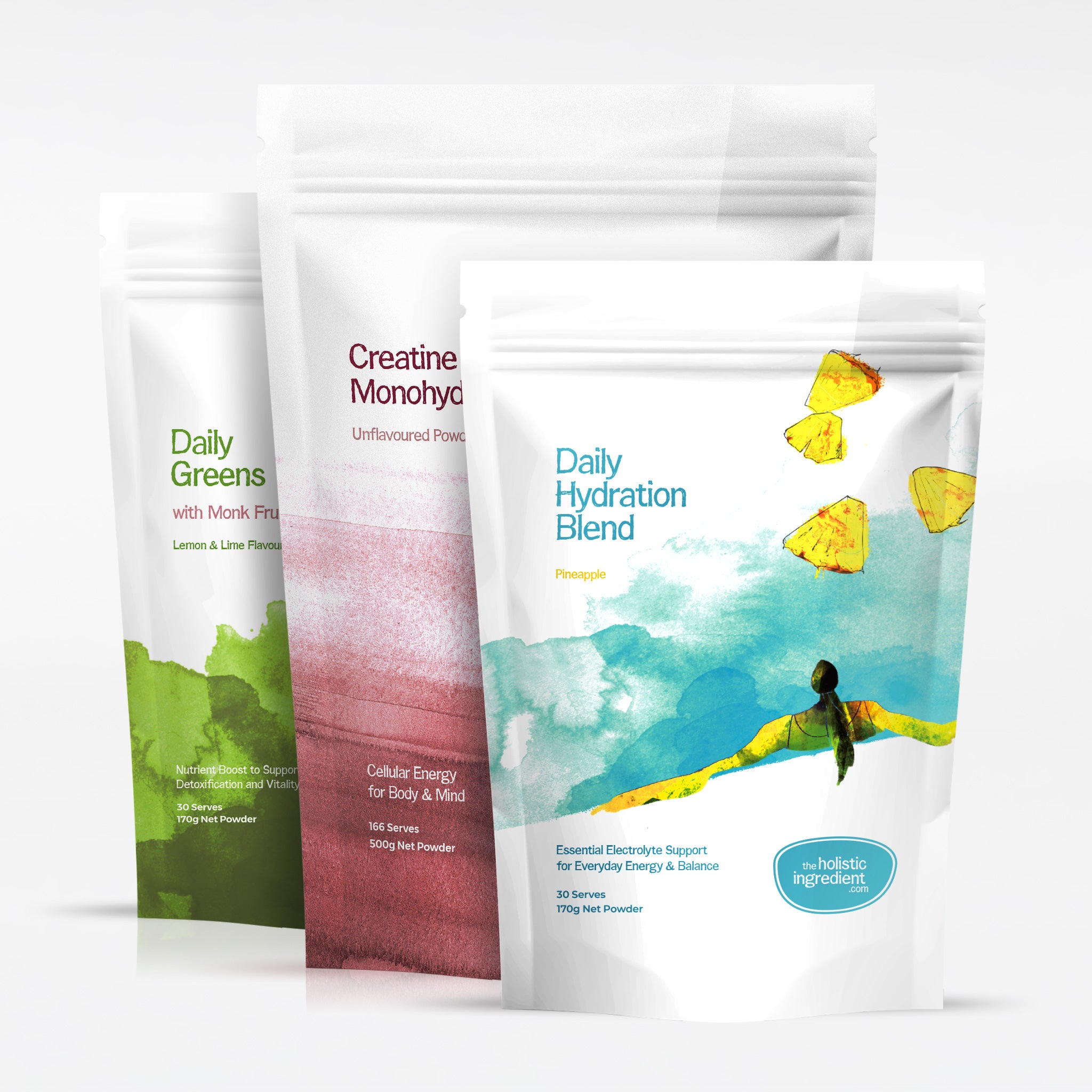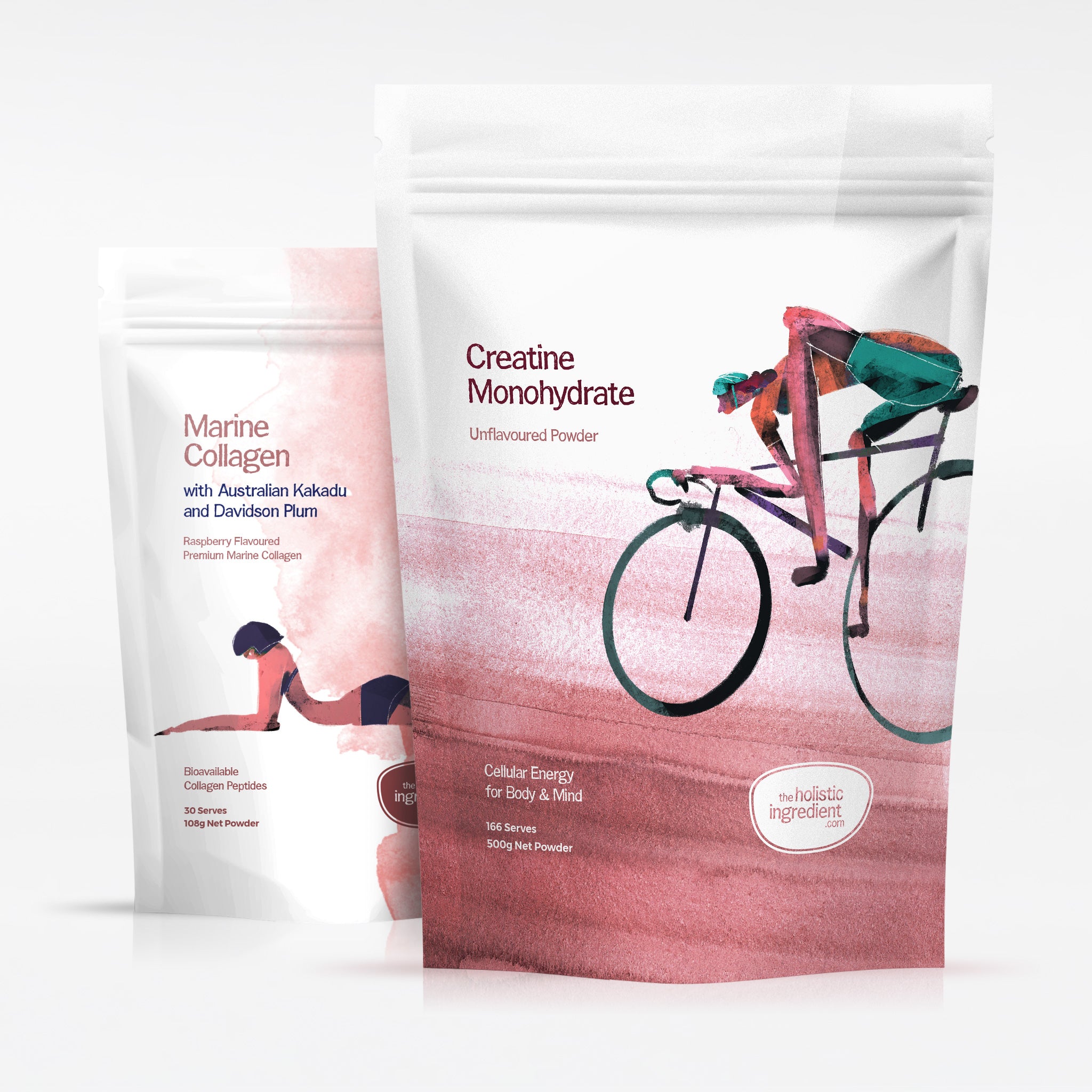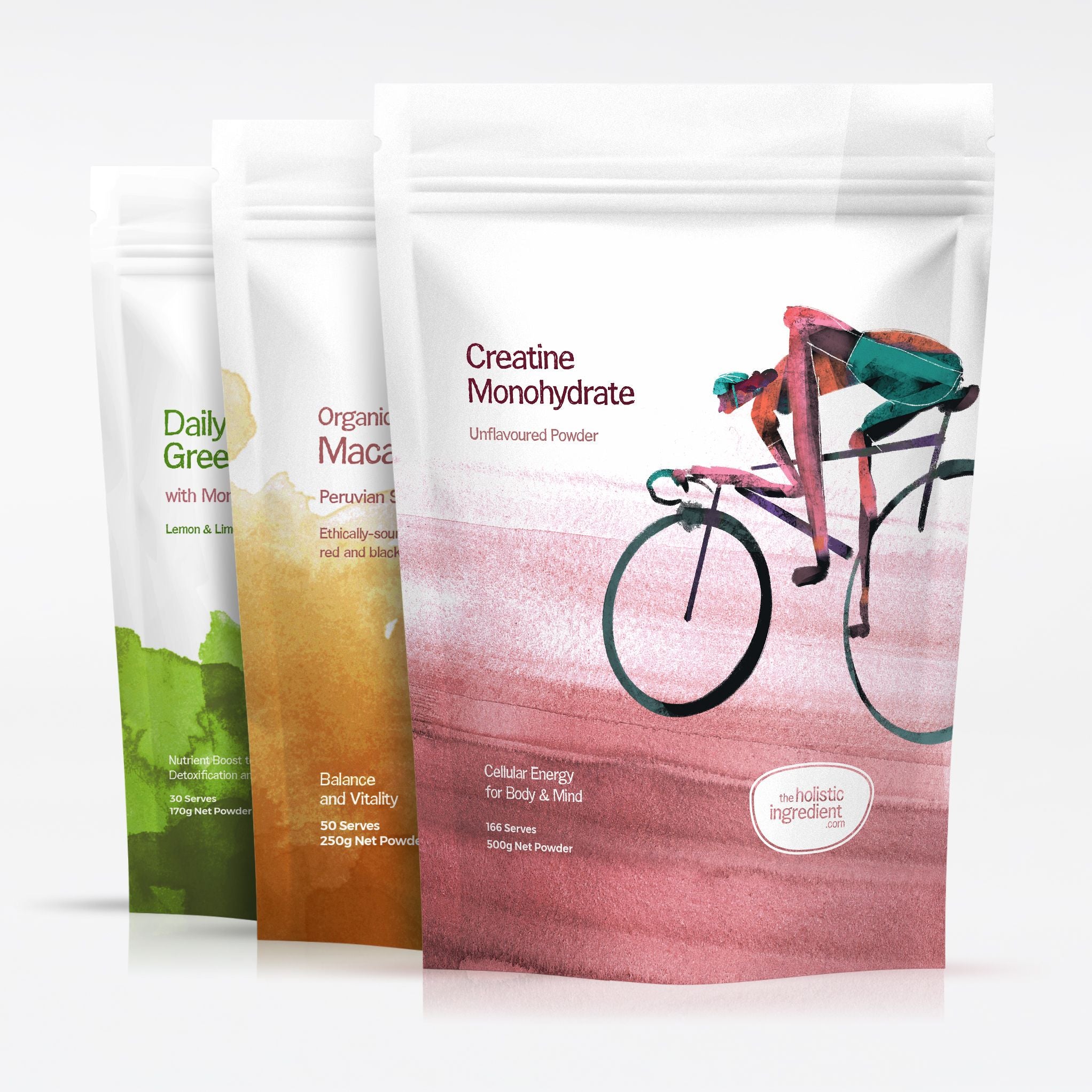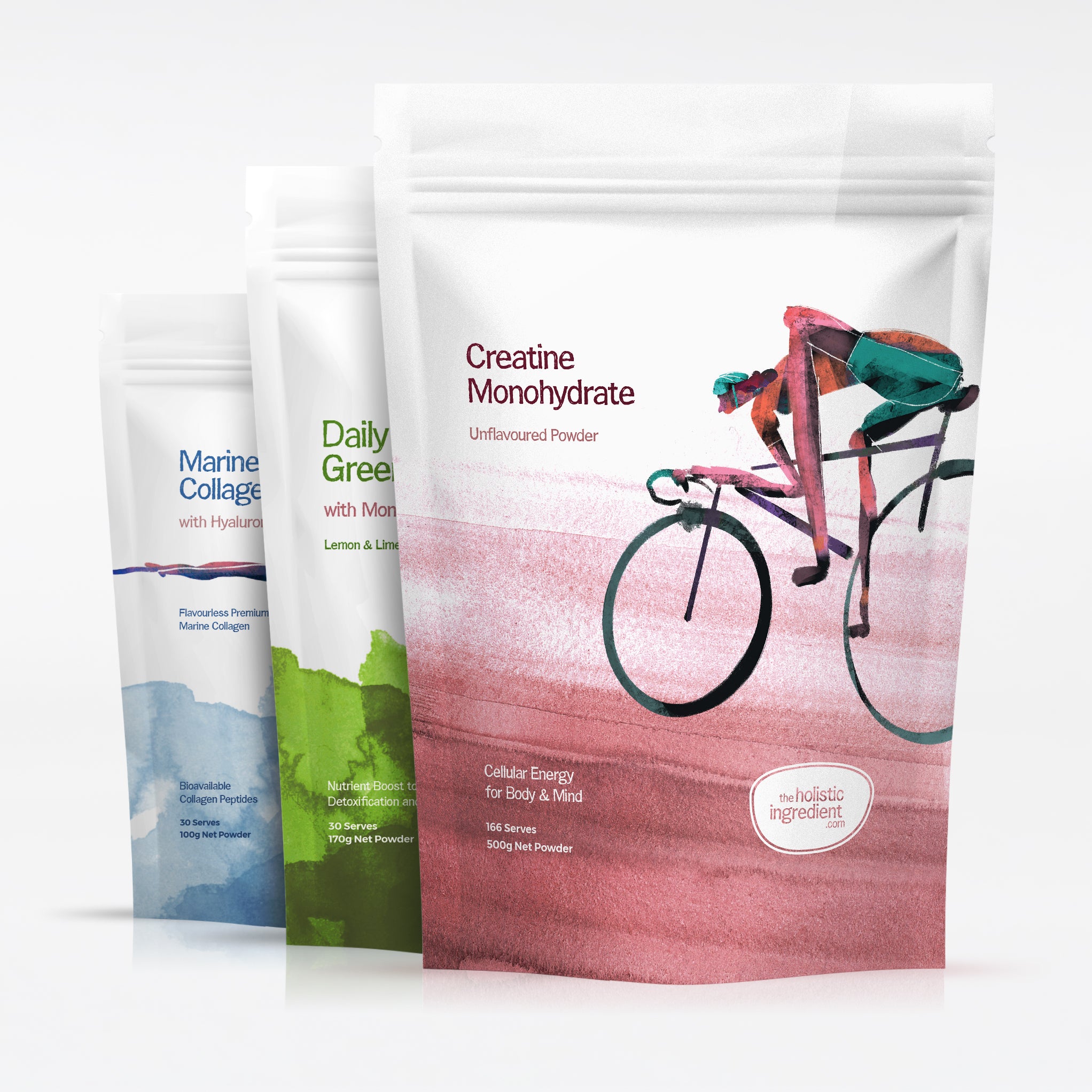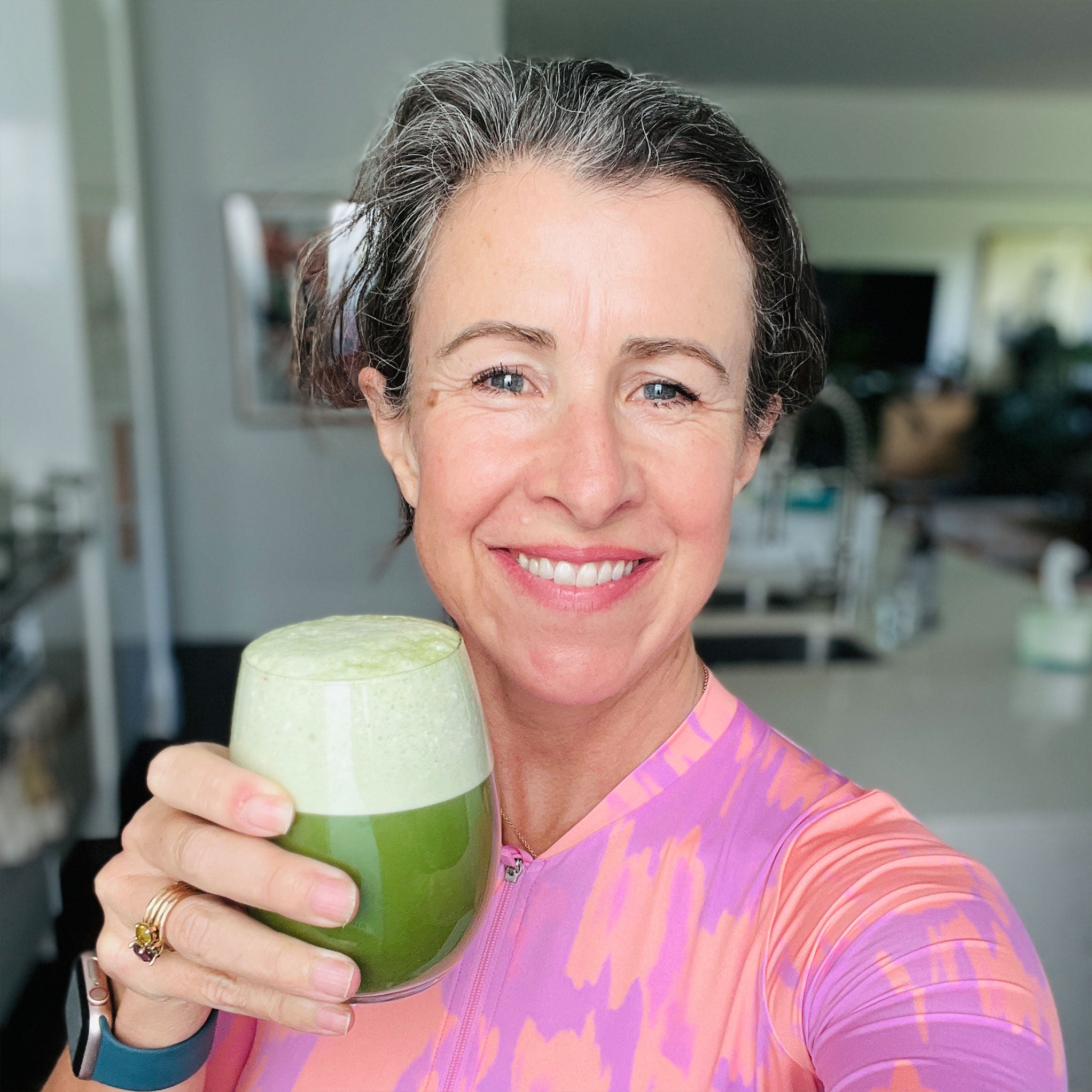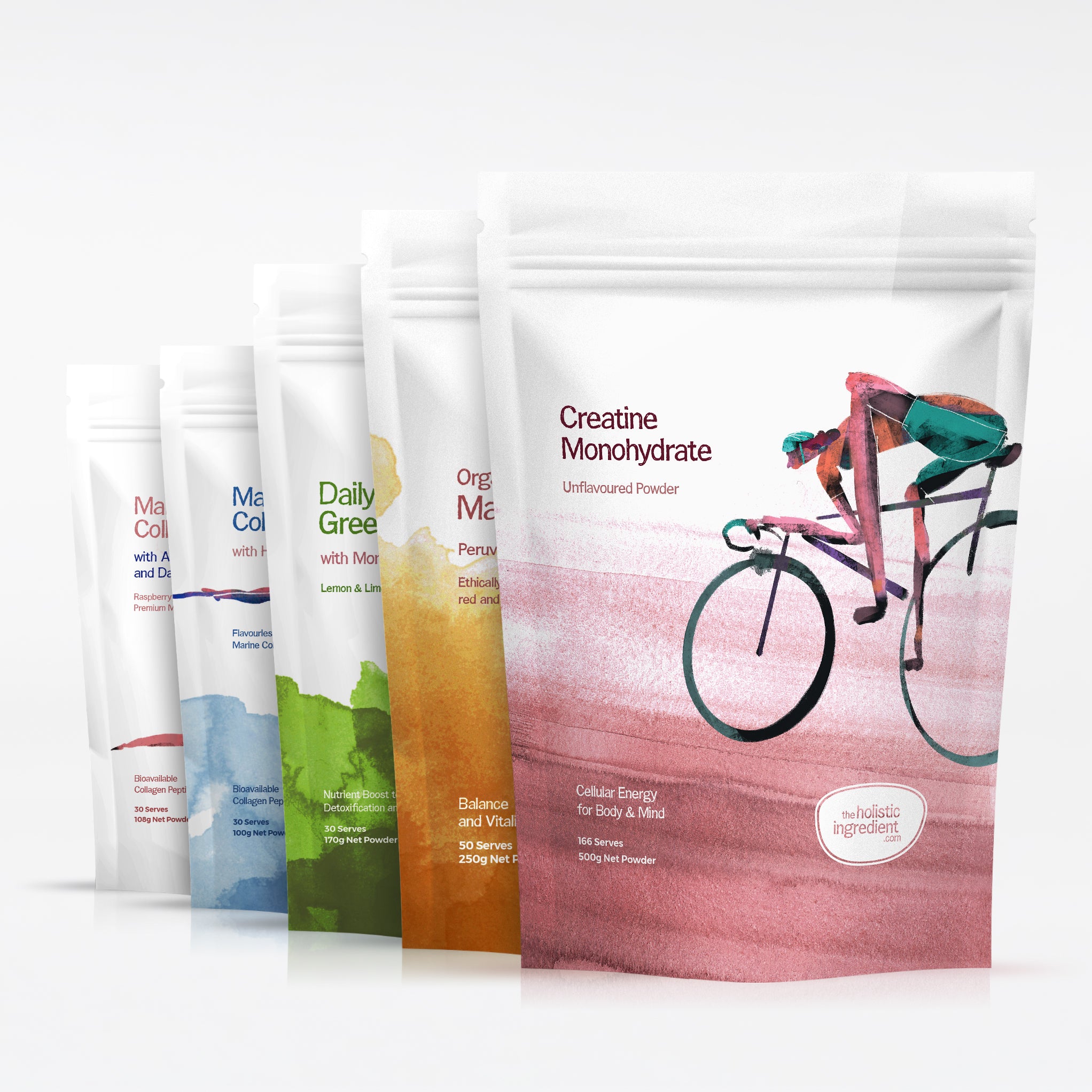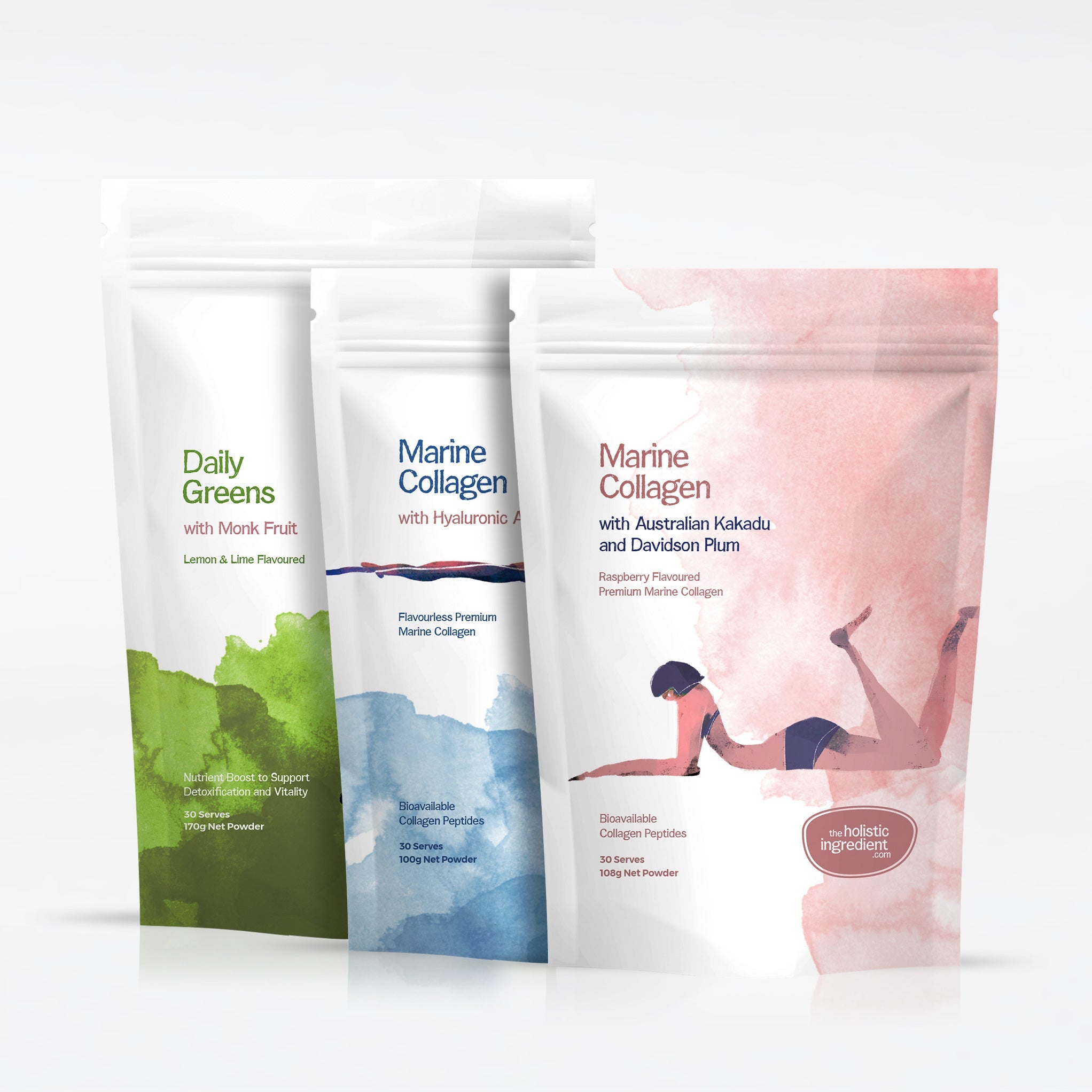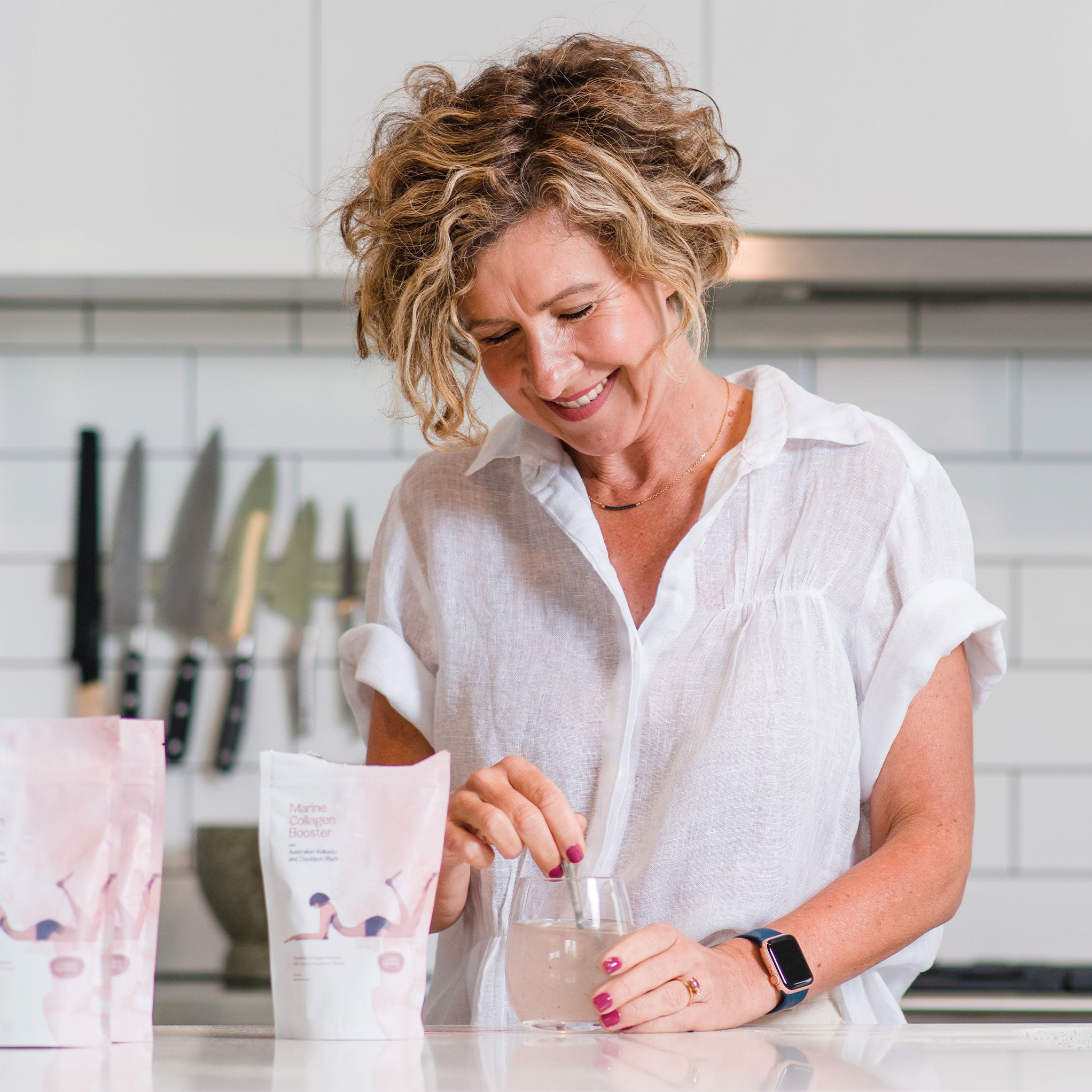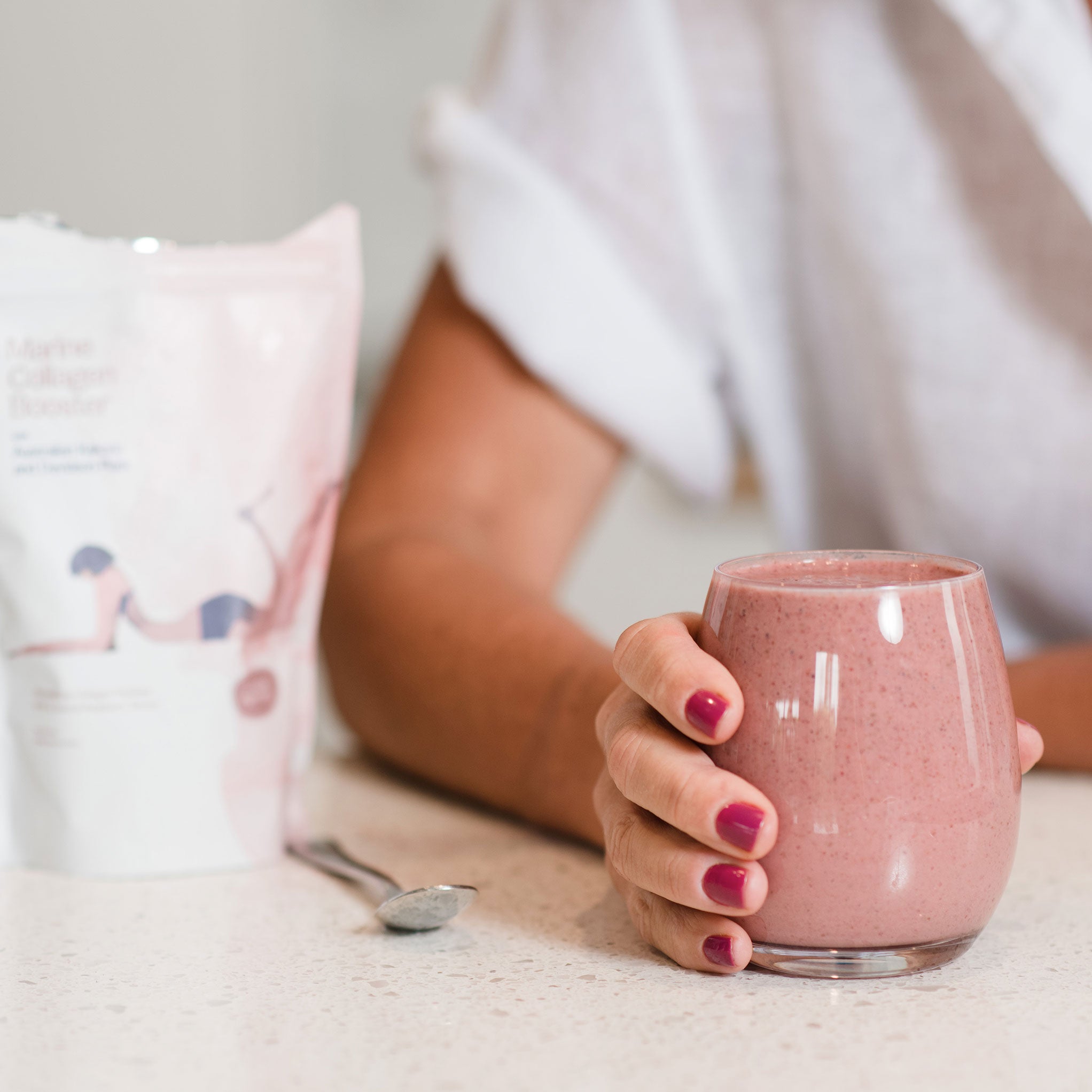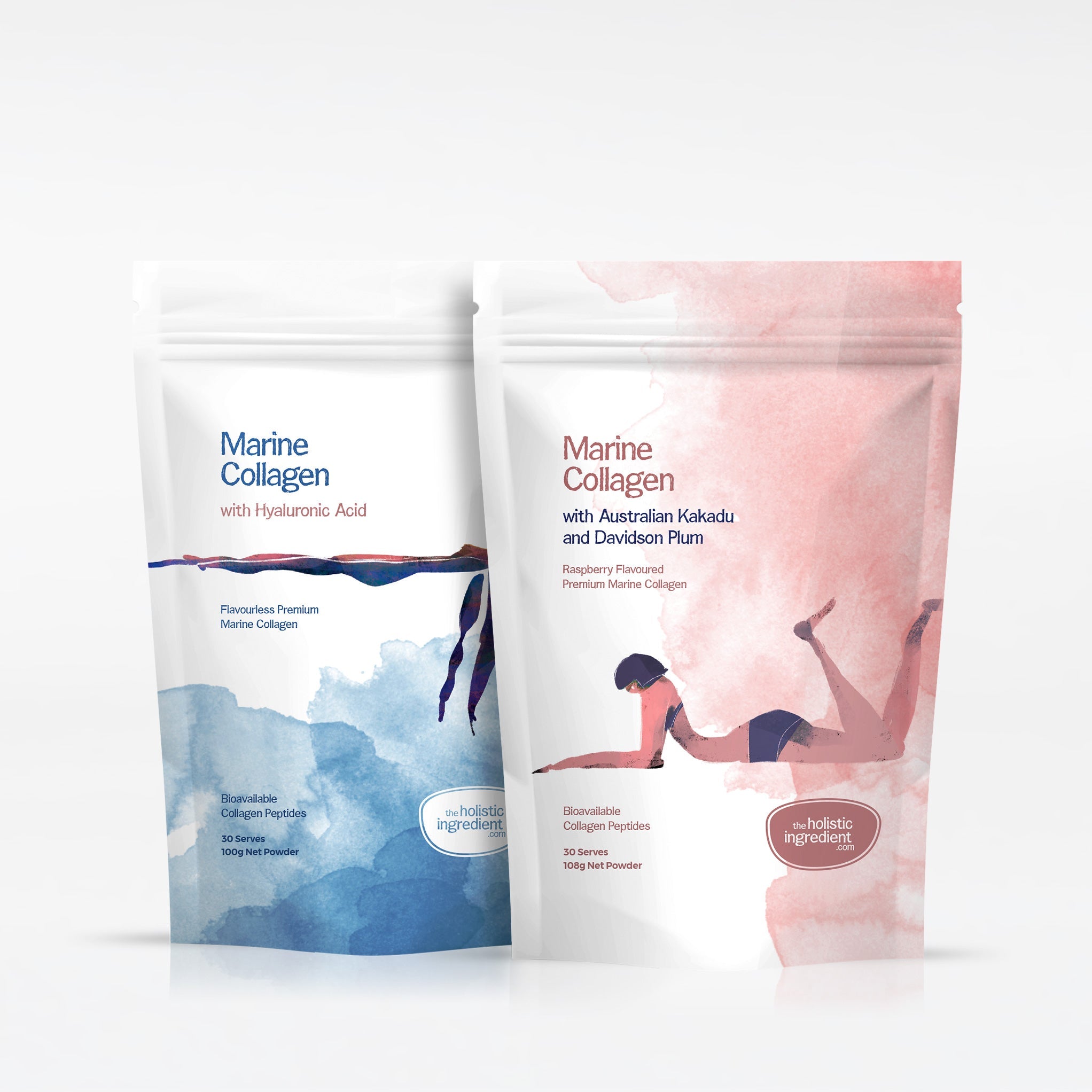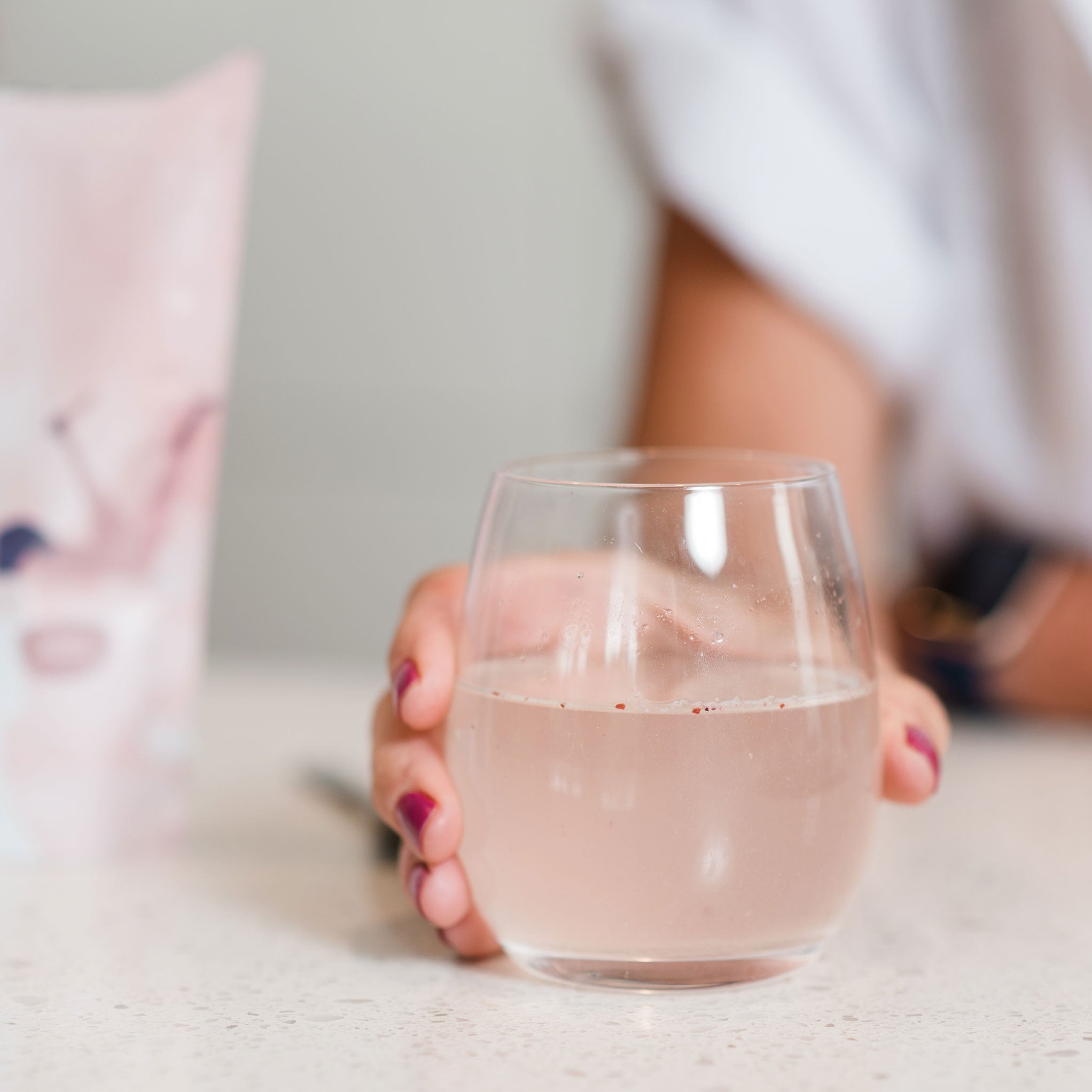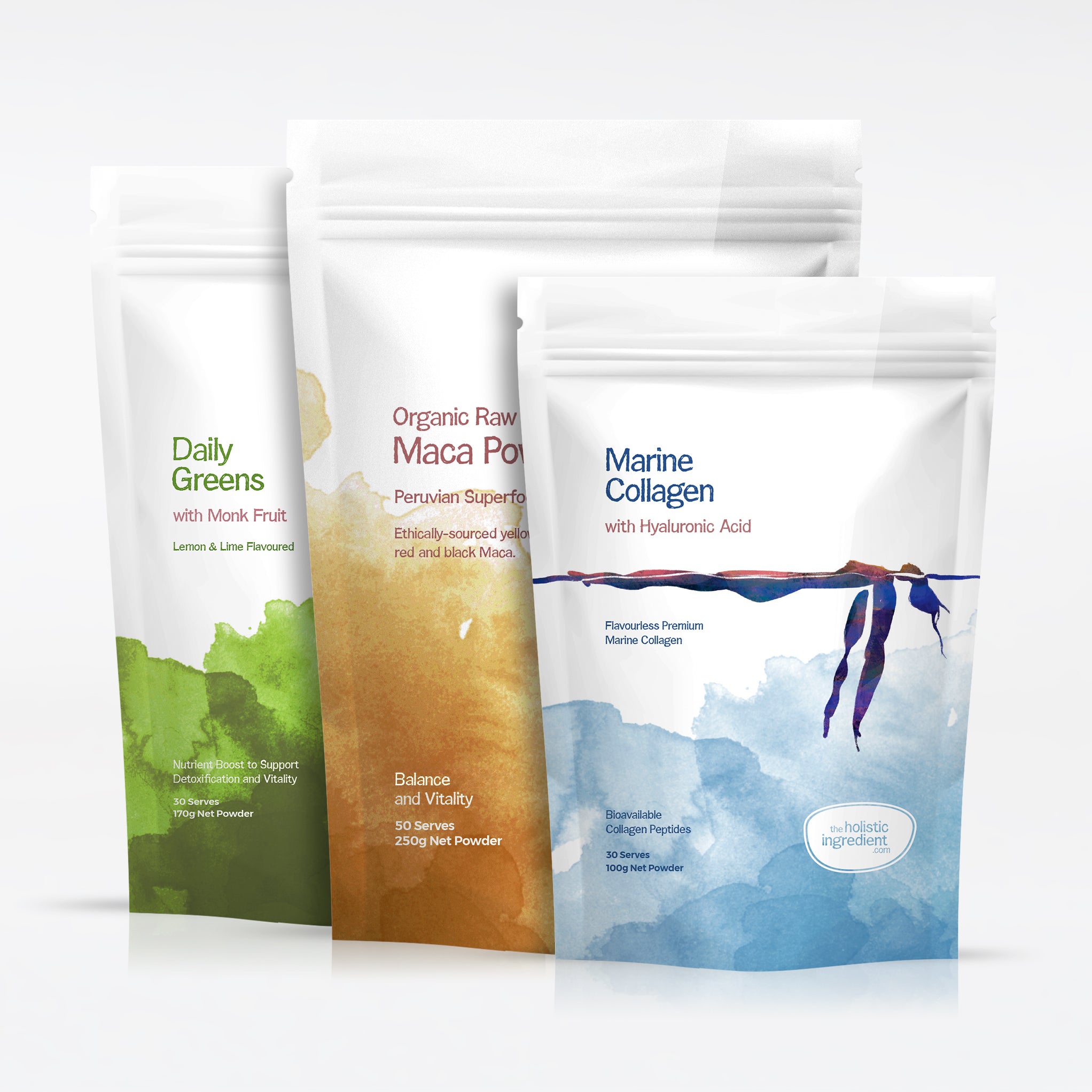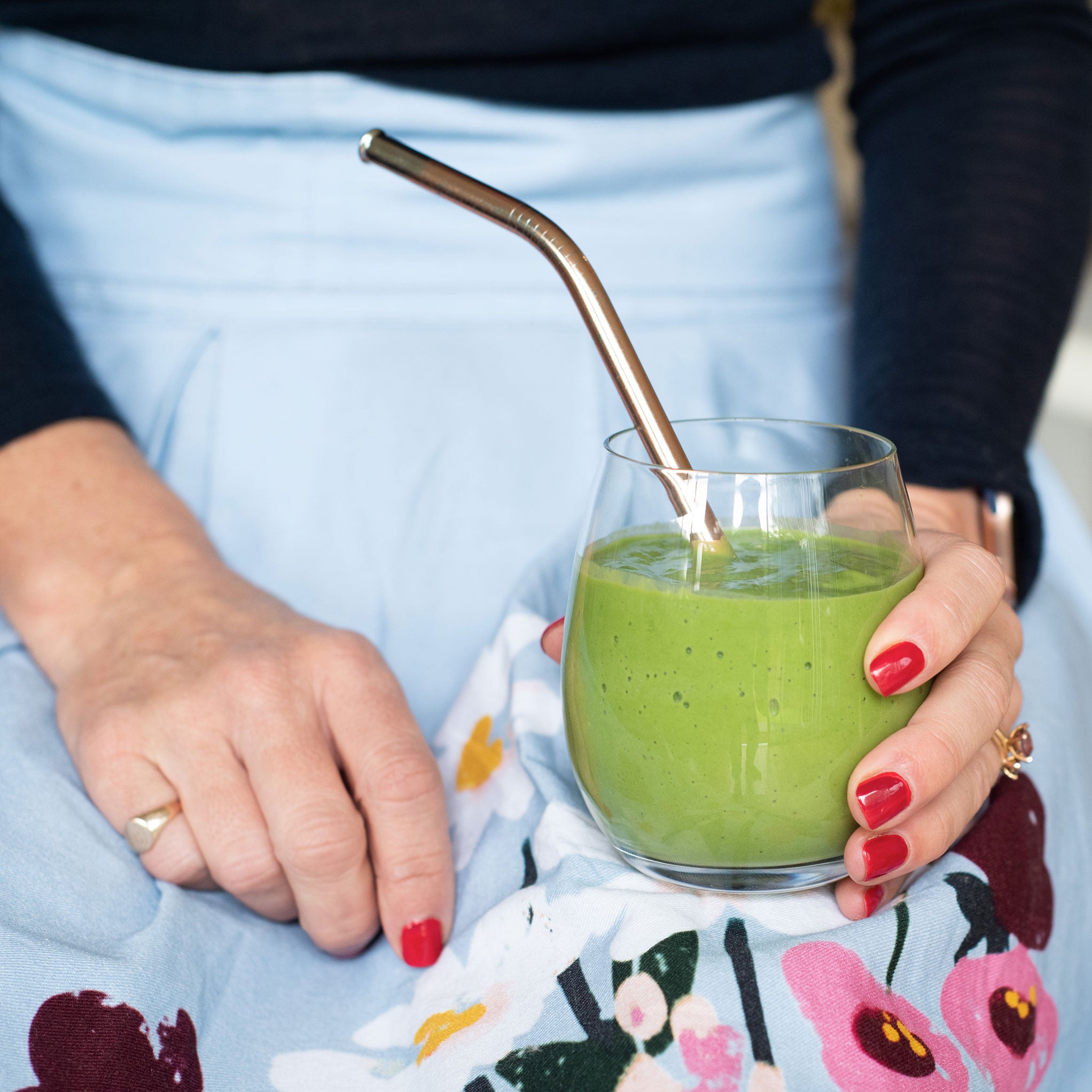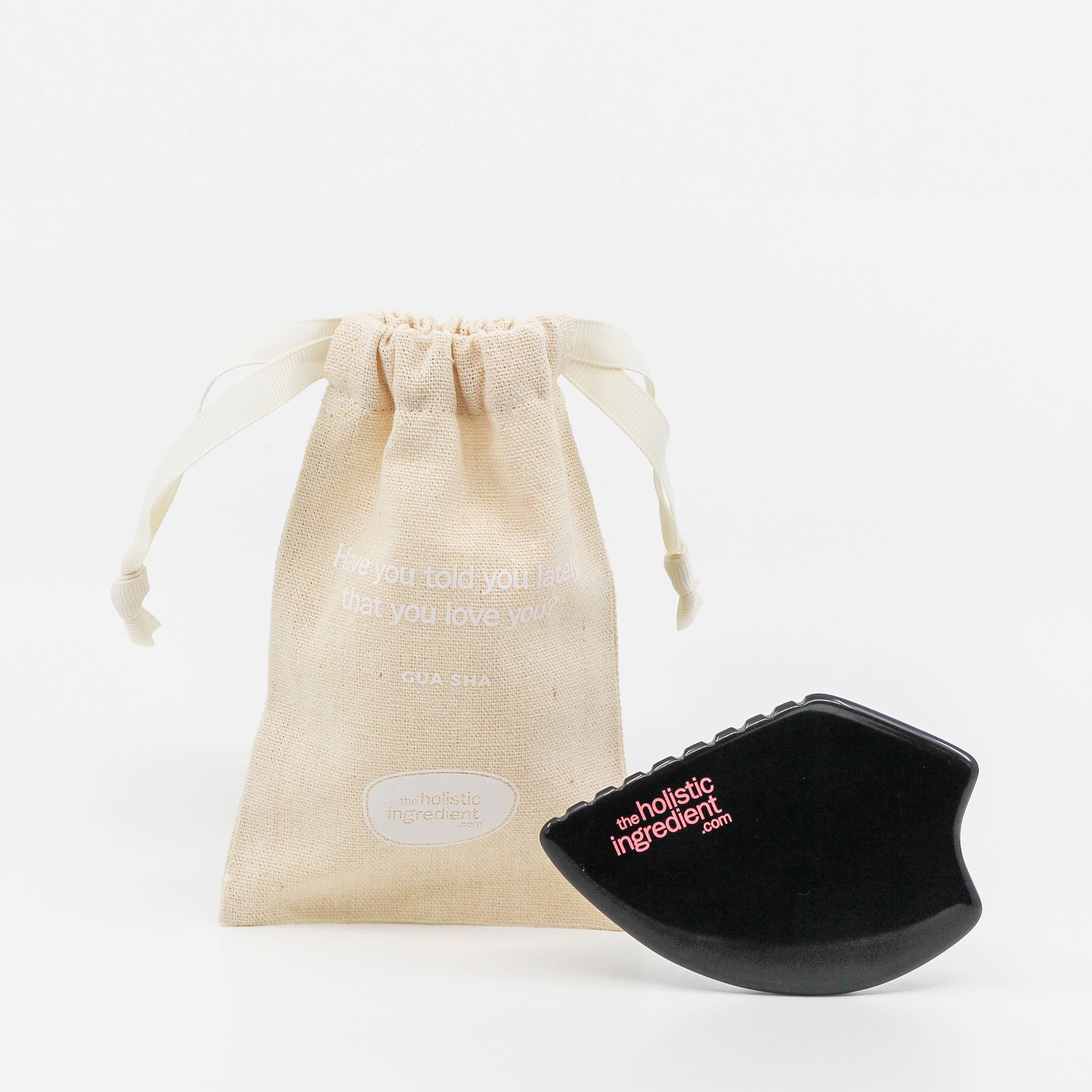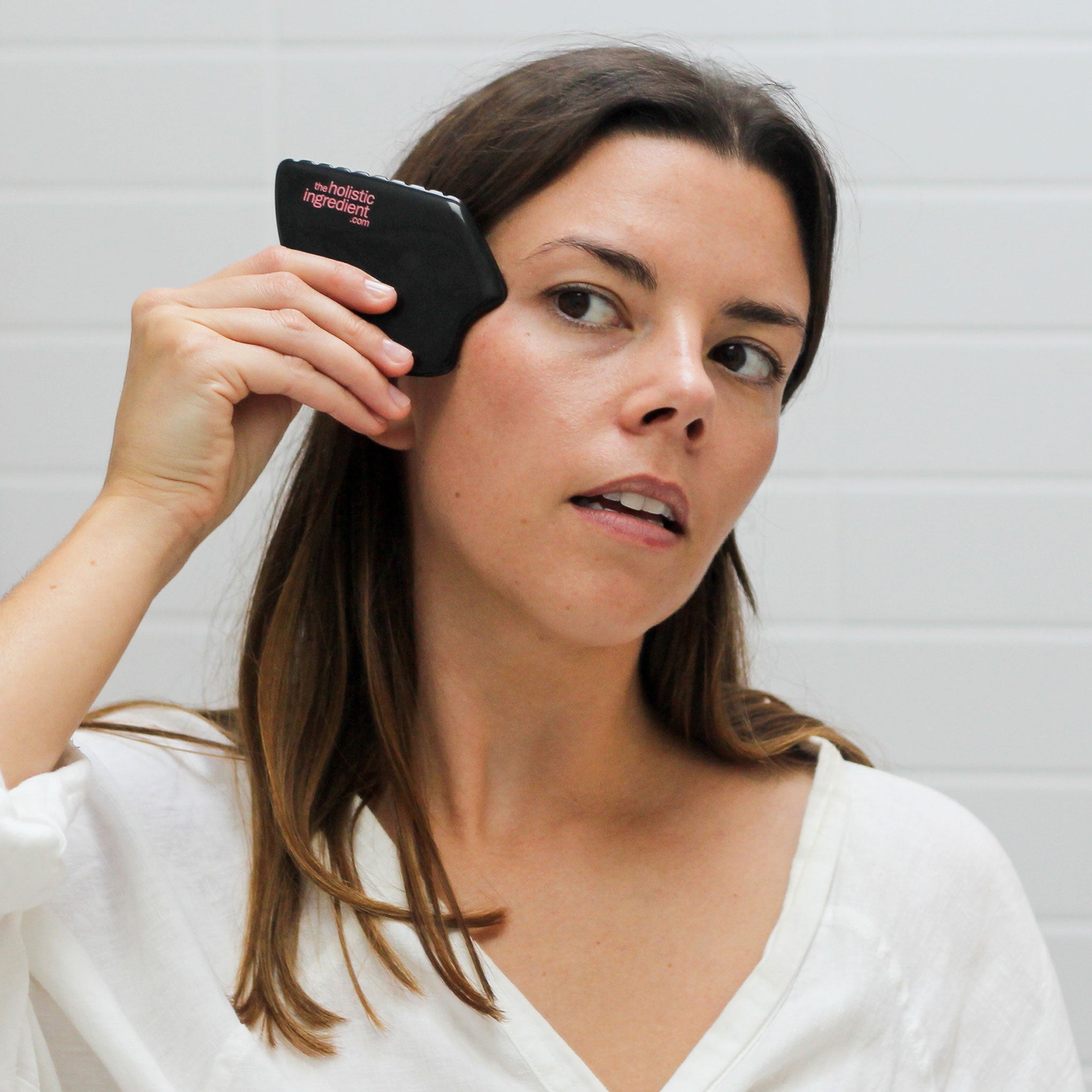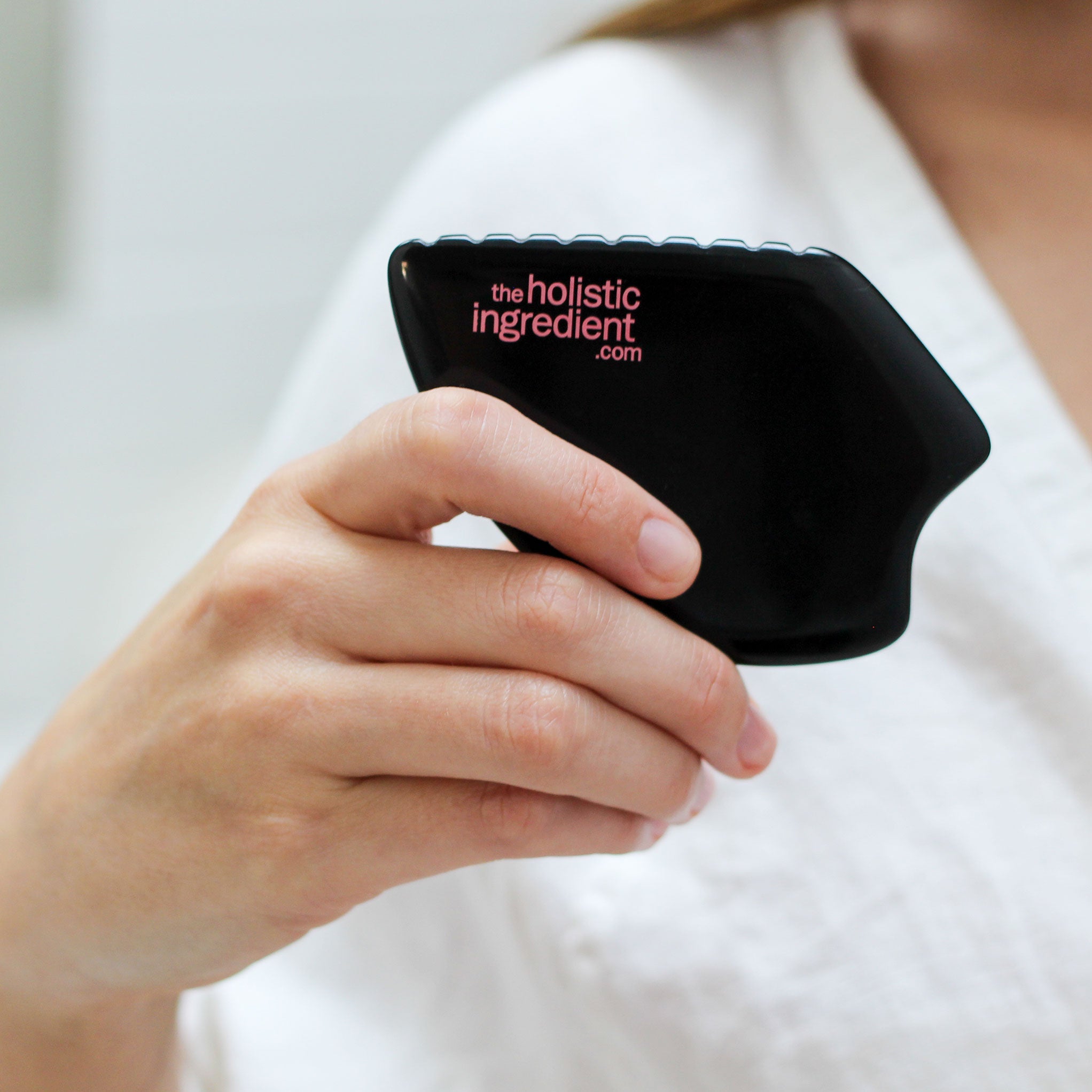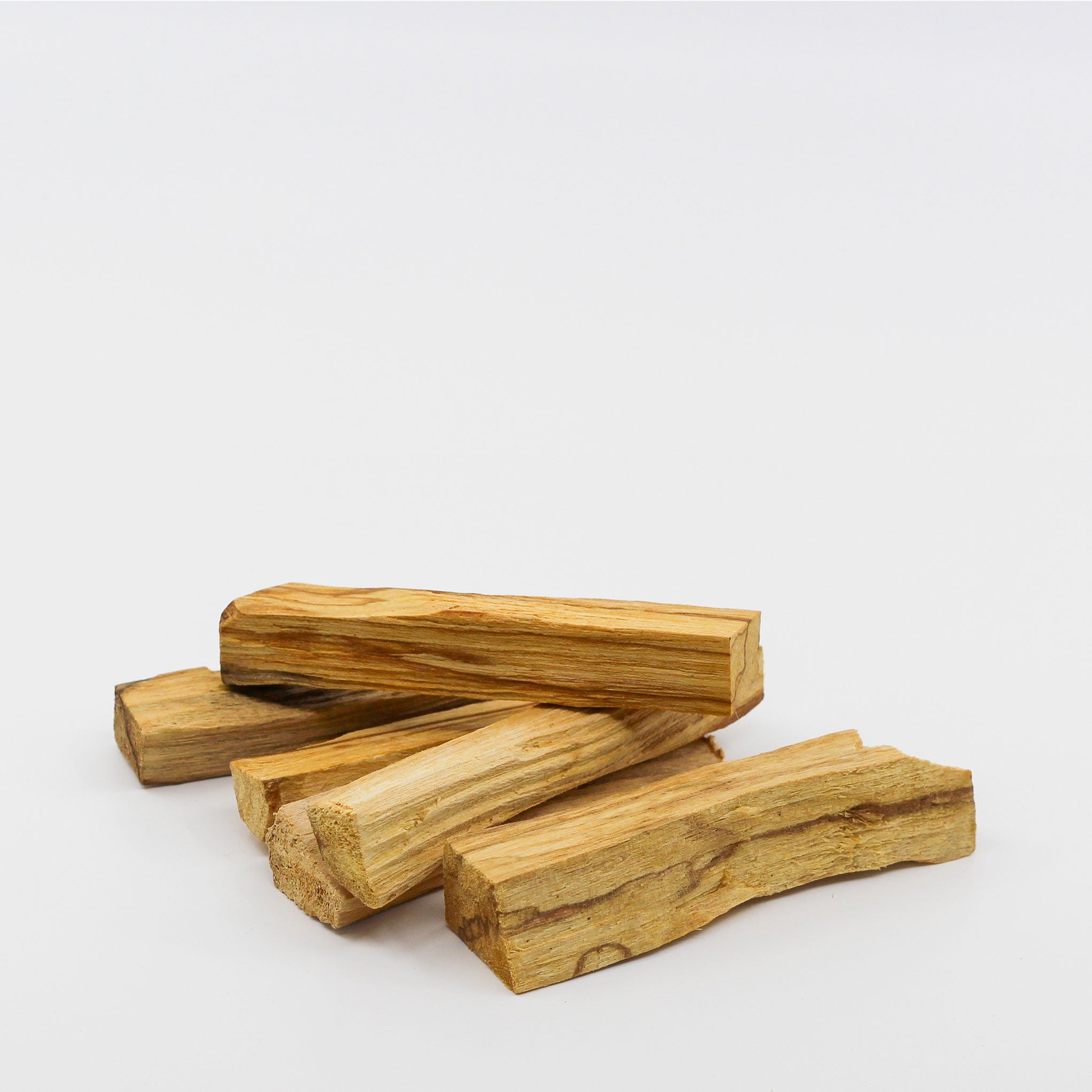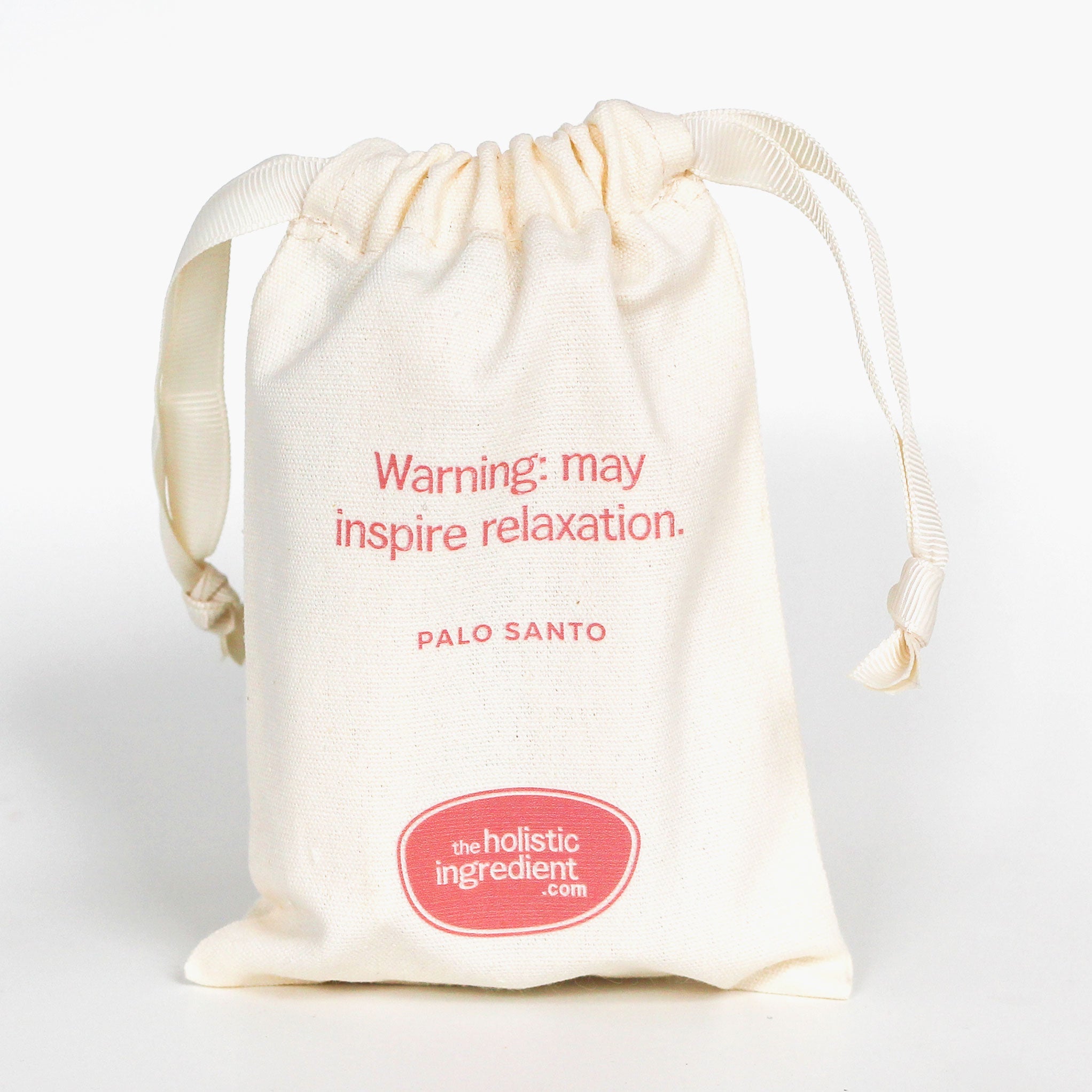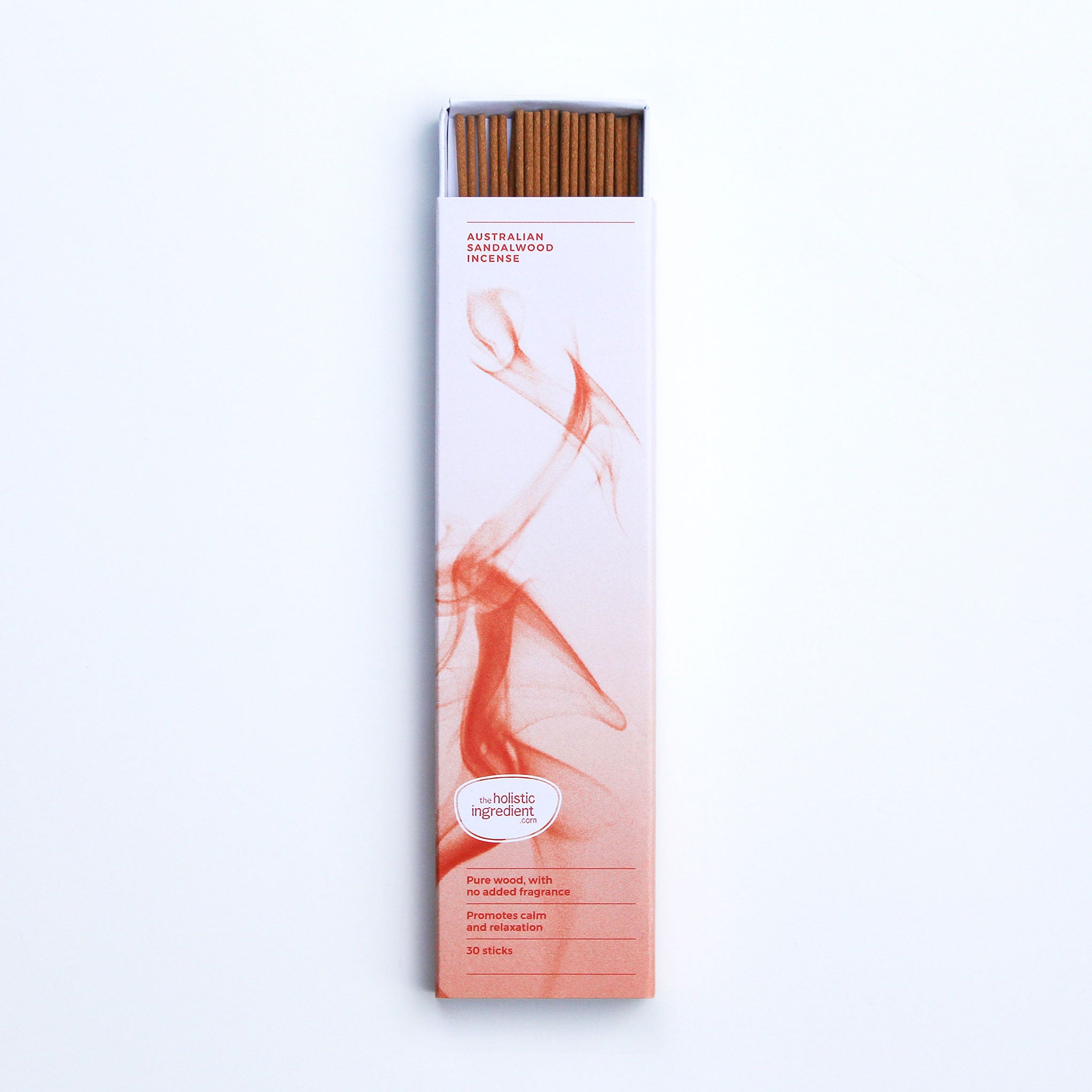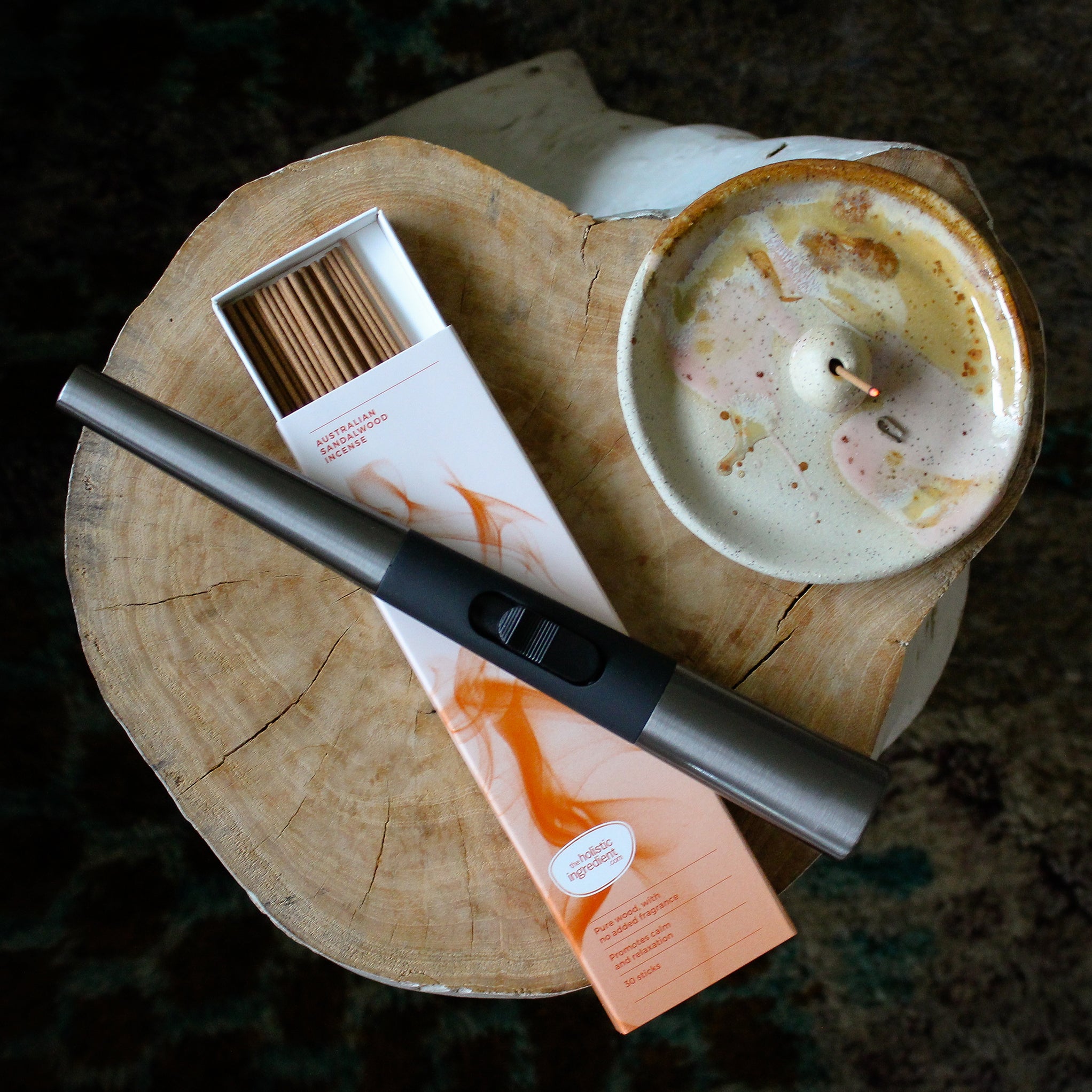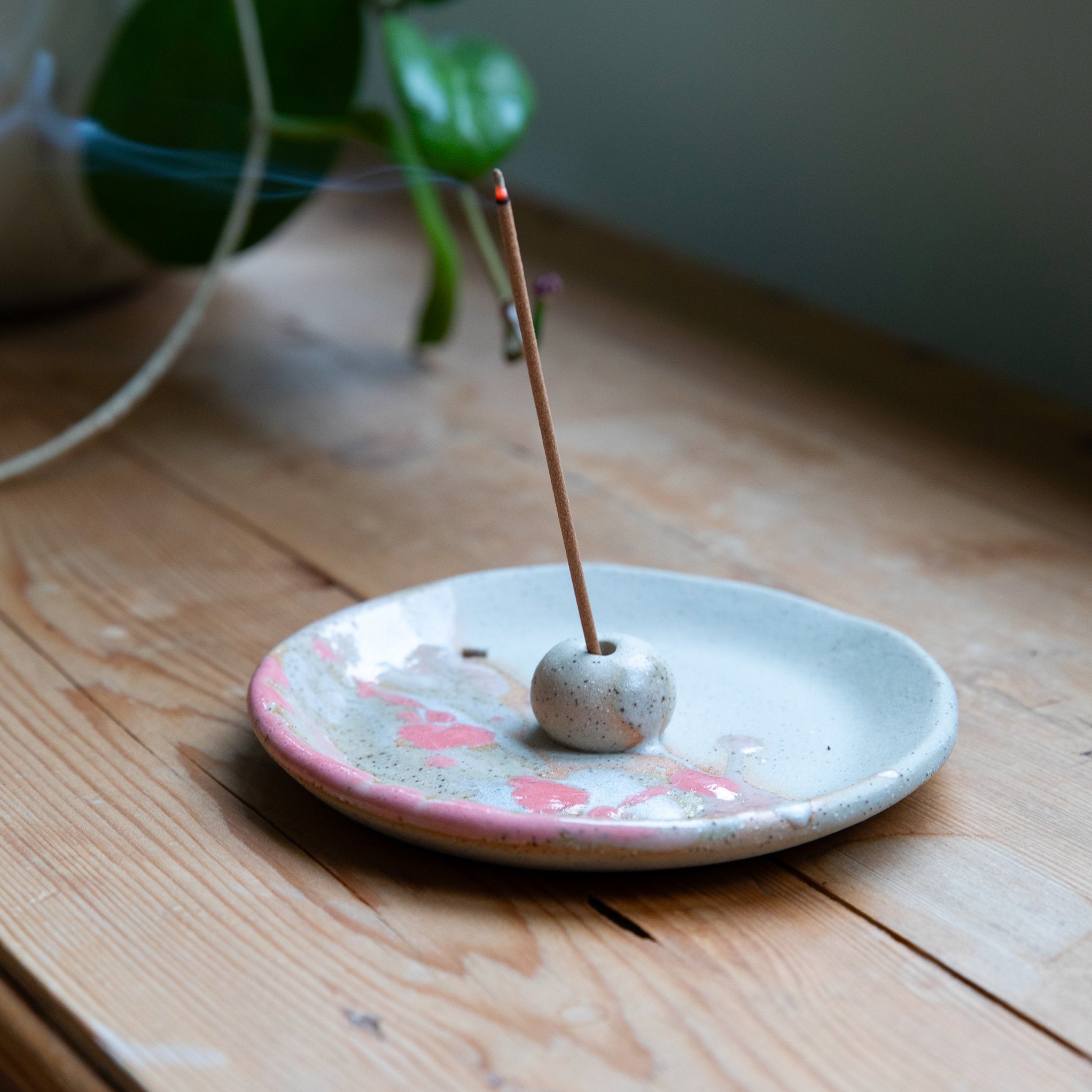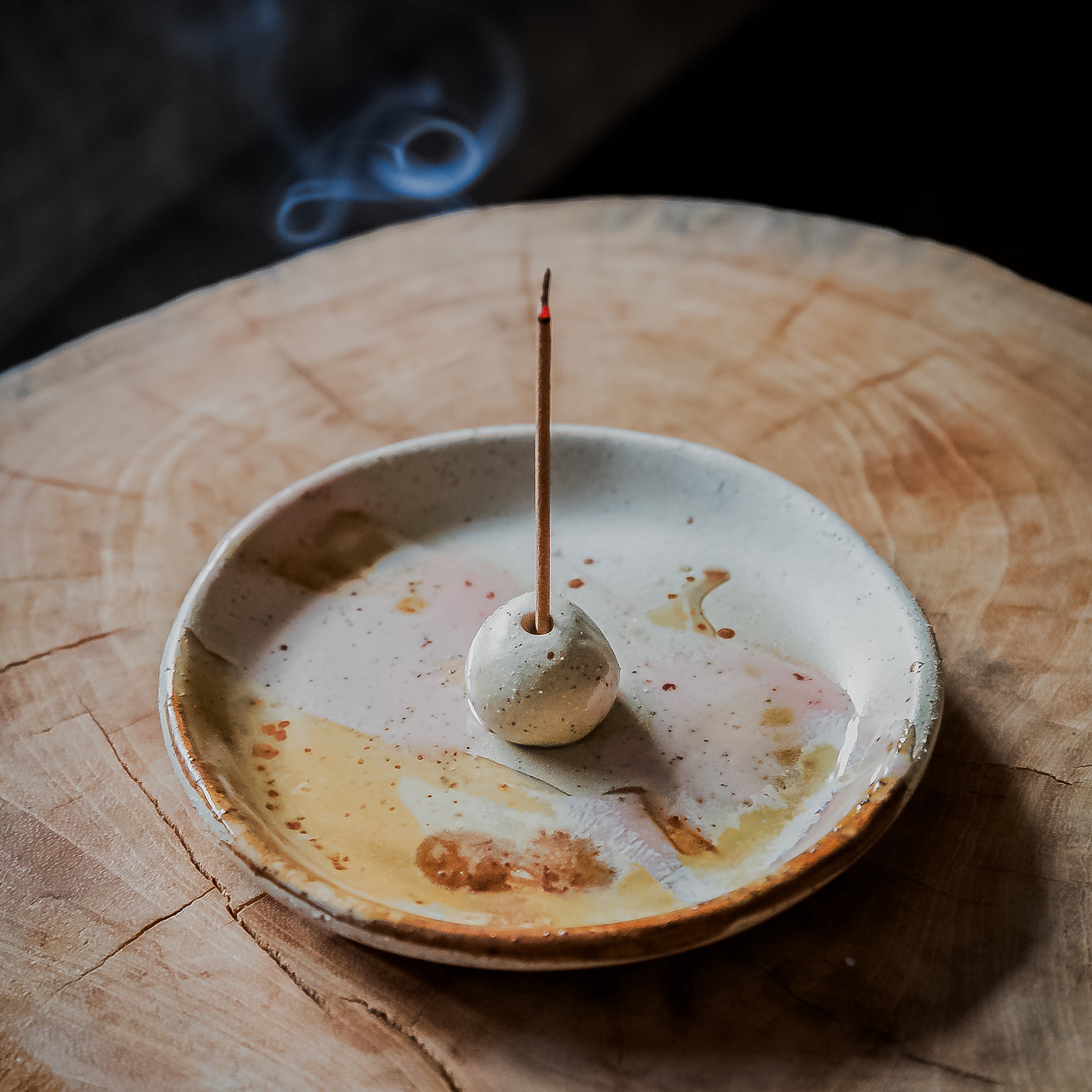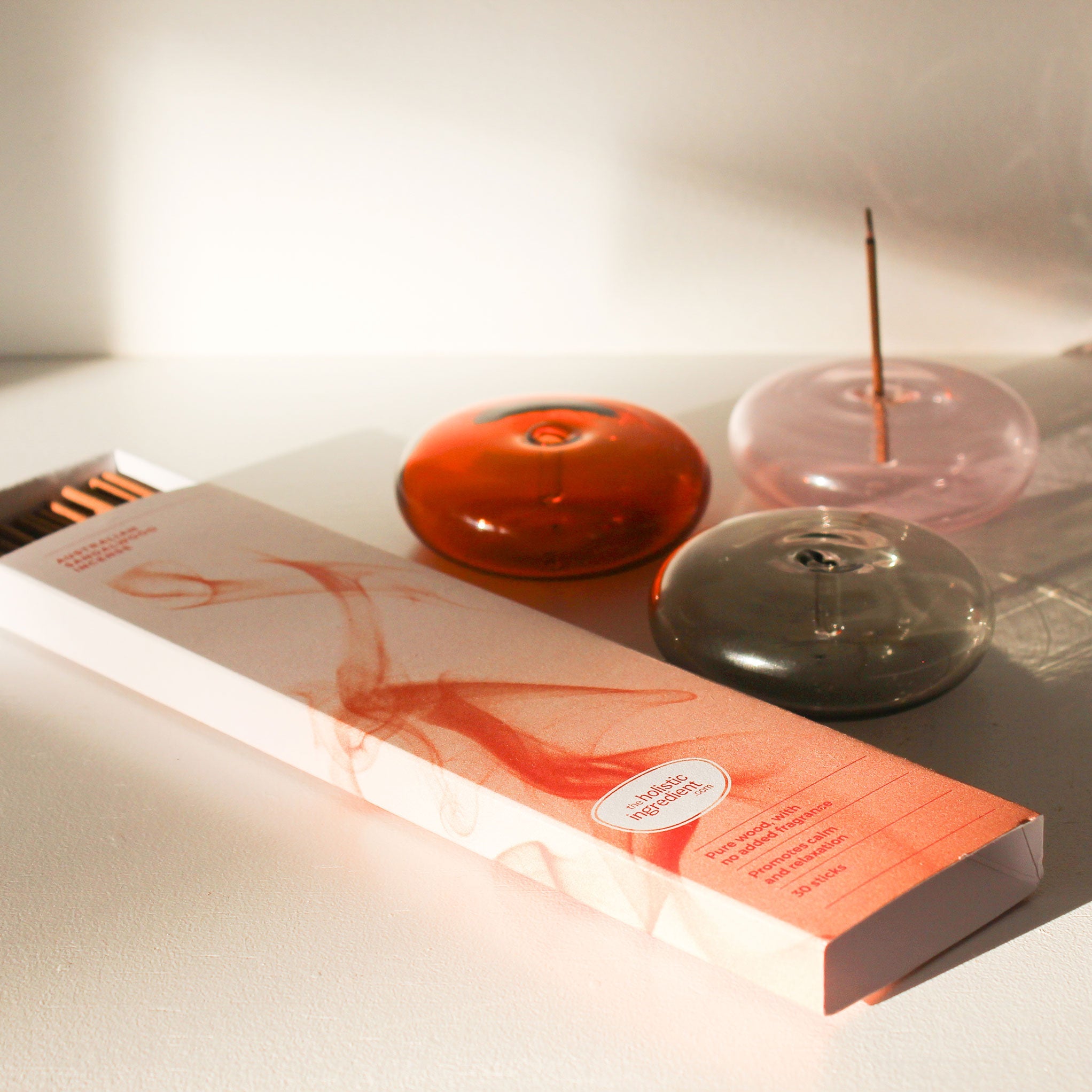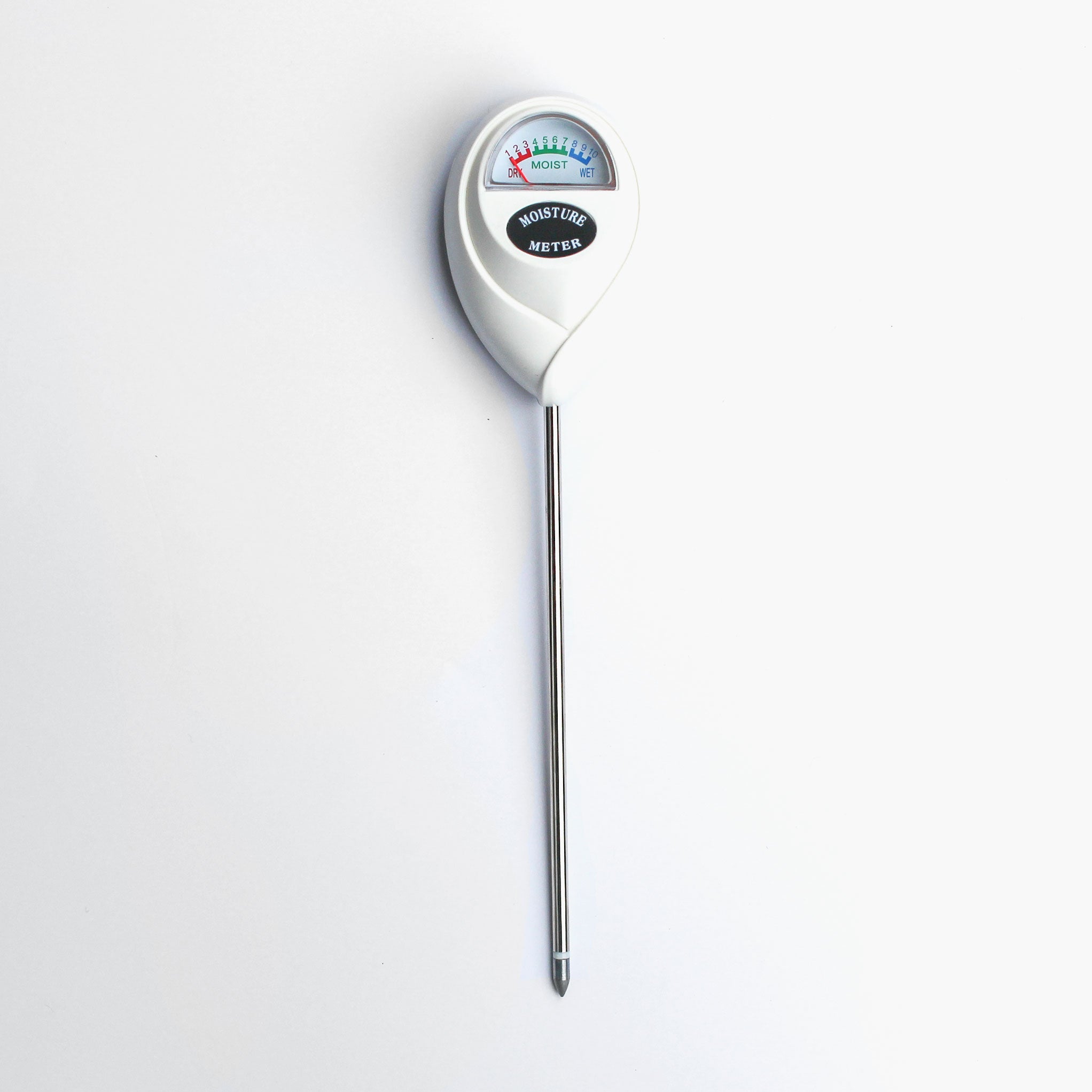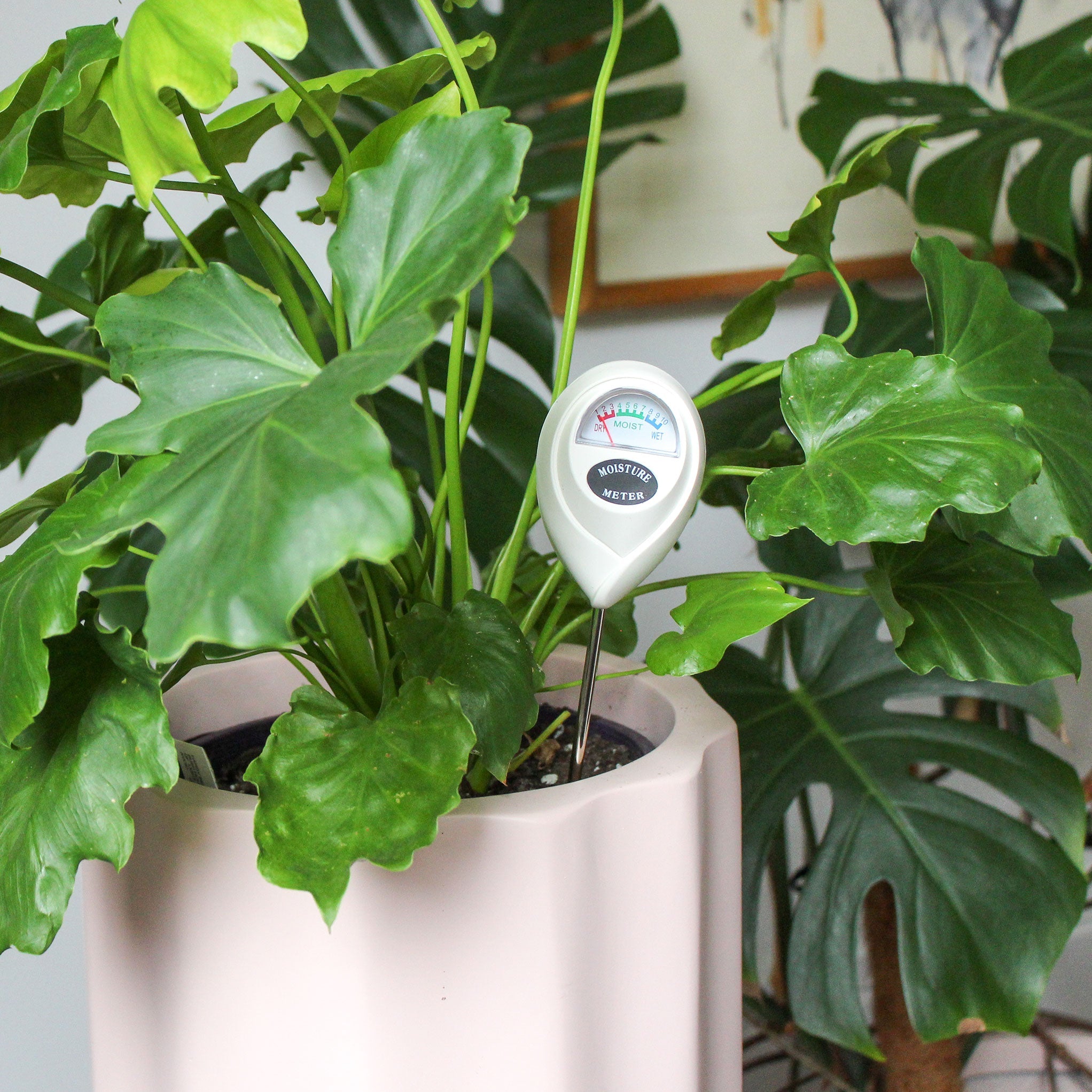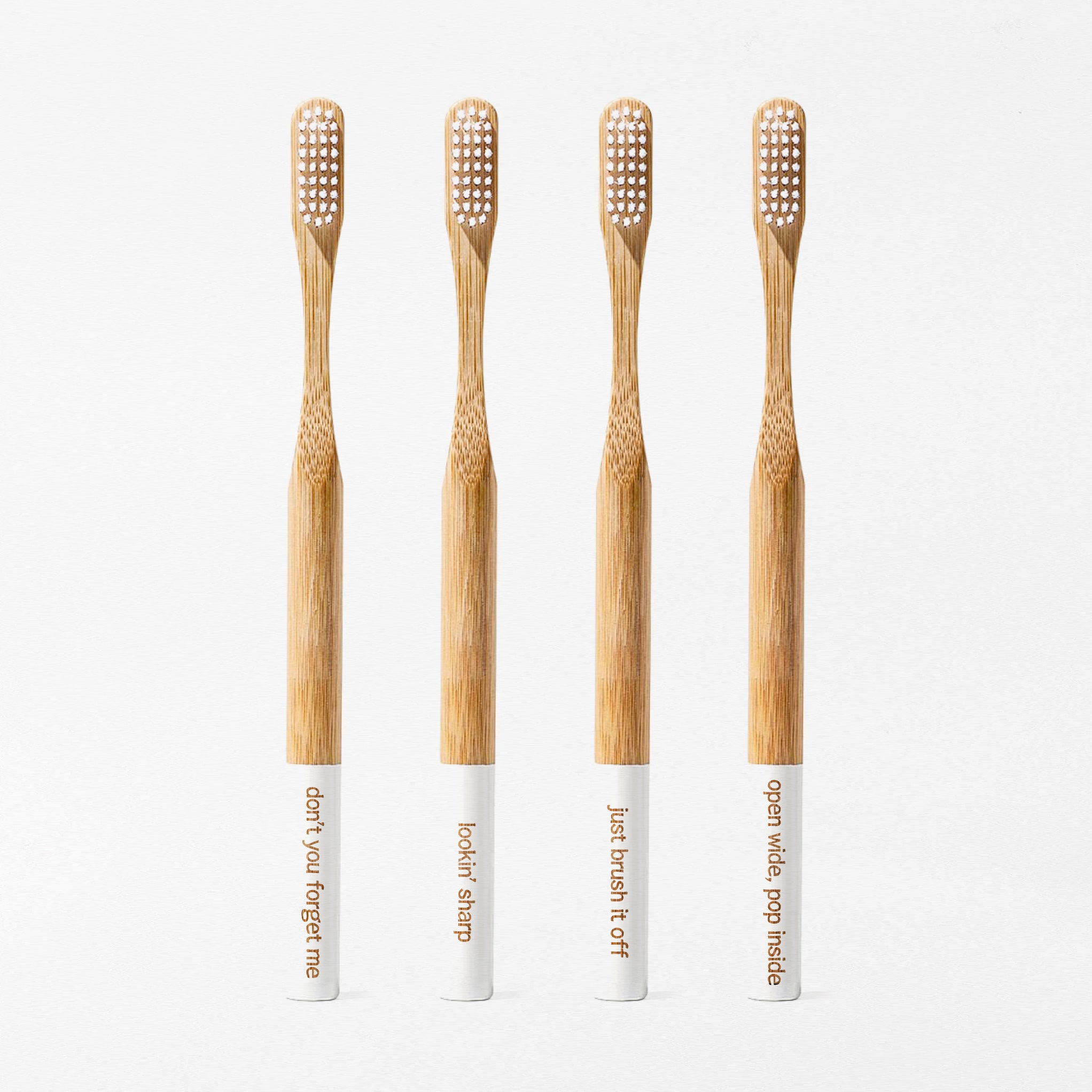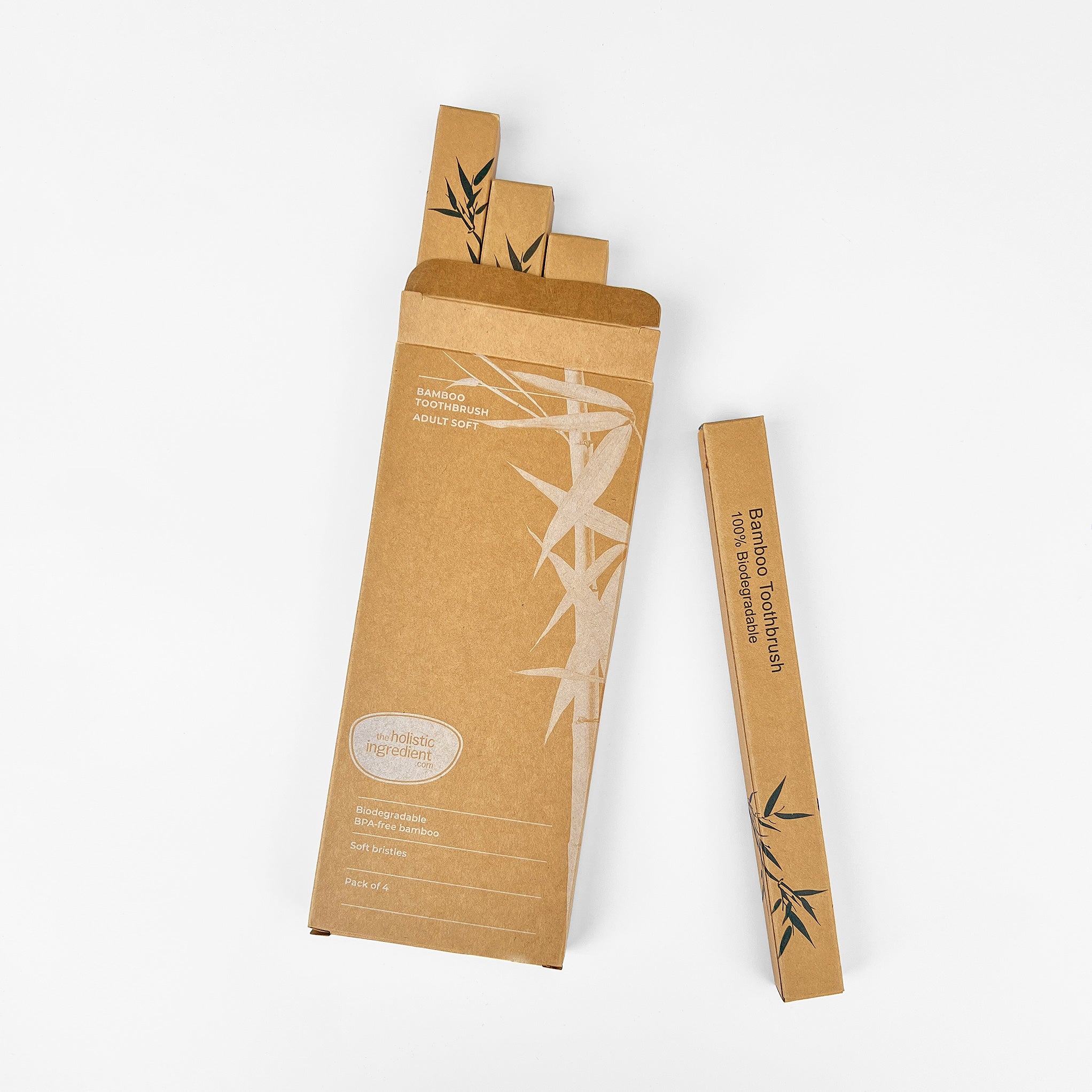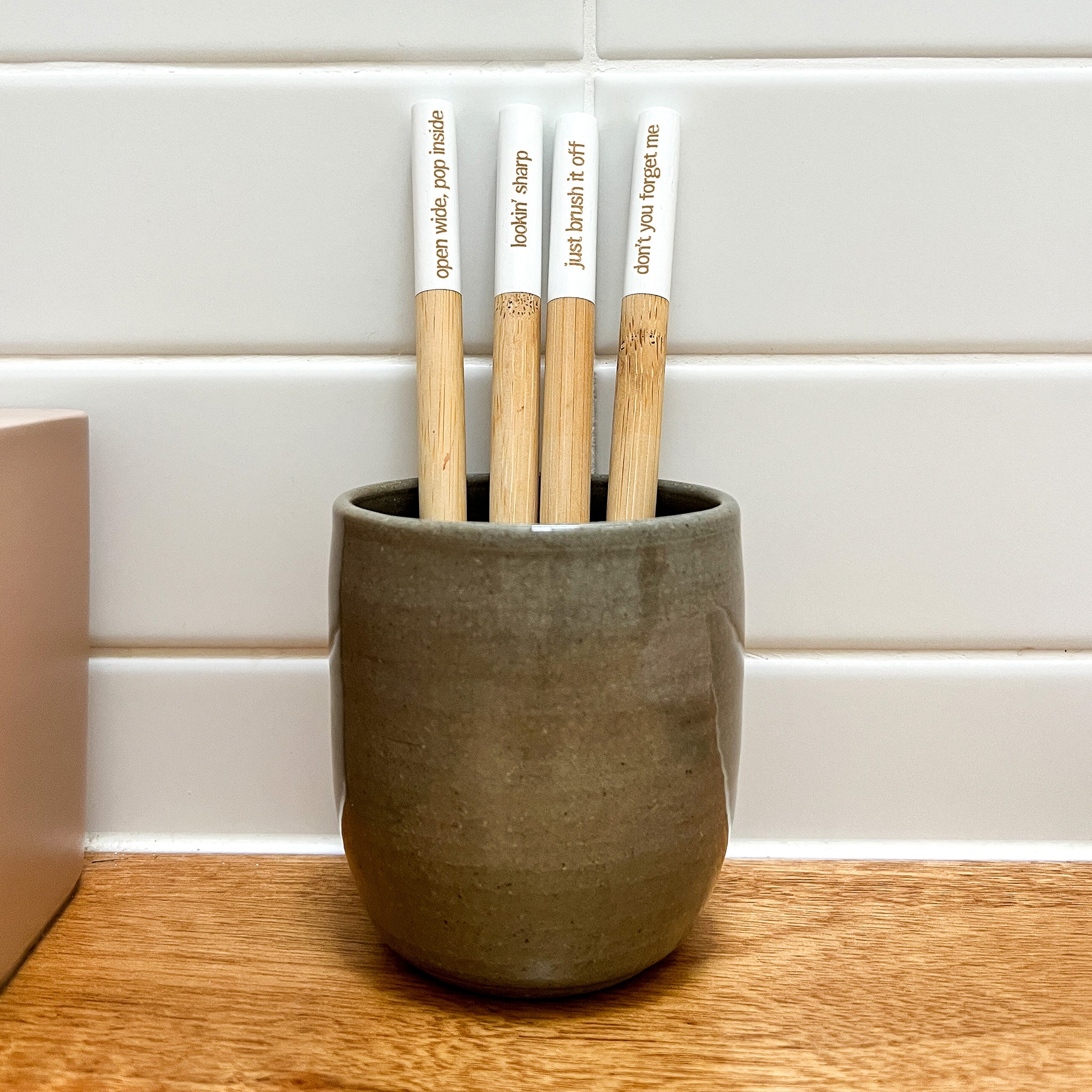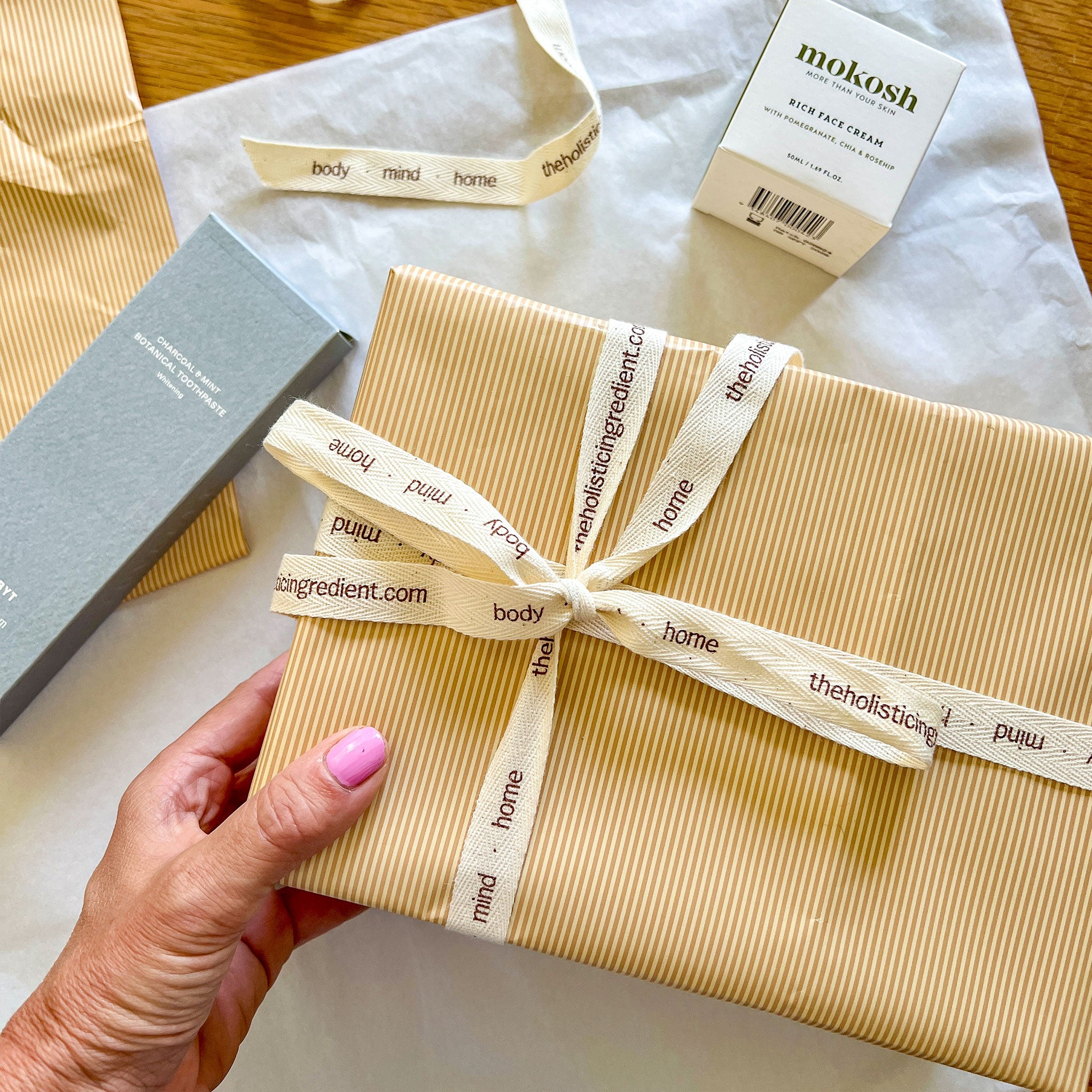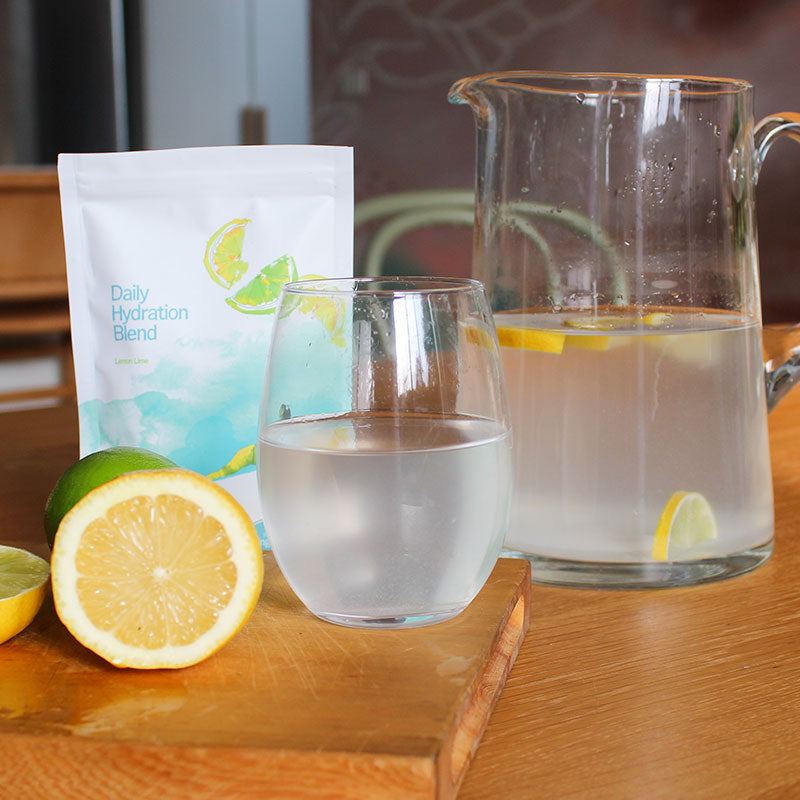
Last year I started experiencing the odd bout of anxiety. This was a particularly foreign feeling to me so I had a sense that something in my body wasn't quite right. Around the same time I observed both digestive issues (bloating, general discomfort) and brain fog/memory loss and was subsequently tested for a candida overgrowth. Testing positive I was put on a diet to improve my gut health and each of the above symptoms disappeared, including the anxiety.
It's fascinating isn't it, how our bodies have a way of telling us exactly what we need to know. Is it time then to consider your own gut health?
Your gut health is critical
The health of your gut is extremely important to your overall well being. It’s a place where a helluva lot is going on, and rightly so – it has a profound impact on far more than how much dessert you can fit in after dinner. So much so in fact that the gut is often referred to as the ‘second brain.'
This is because it’s responsible for some very critical functions in your digestive and immune systems. The presence of what’s called 'good bacteria' actually enhance your health, greatly improving things like your hormone regulation, nutrient absorption, digestion, immune system strength and your body’s ability to eliminate toxins.
As we now know, the gut also influences your mental health. The gut contains an Enteric Nervous System that communicates with your Central Nervous System, which triggers mood changes. It means depression, anxiety, memory loss and other cognitive functions can all be caused by your gut.
All disease begins in the gut.
- Hippocrates.
Don't you find that refreshing? The notion that by simply changing what you put on the end of your fork (or spoon) each day you can better your mental health?
The good news is that it’s actually quite easy to maintain a healthy gut and keep all of these bodily functions in tip top shape.
The answer? Increase your levels of good bacteria. How do you do that? With probiotics for women.
What are probiotics?
Probiotics are microorganisms found in bacteria, yeast and fungi that keep your digestive system happy and running at it’s best. It’s the good bacteria I’ve been talking about that your gut needs to keep everything running smoothly.
If you’ve ever seen an advertisement for yoghurt where they talk about how much good bacteria it contains, they’re talking about probiotics. This ‘living’ bacteria is generally found in cultured or fermented foods. Apart from yoghurt, this includes things like buttermilk, aged cheeses, sourdough bread, miso, tempeh and the drink kombucha.
Next time you look at a tub of yoghurt, look out for guys like lactobacillus acidophilus and bifidobacterium lactis – they’re your friendly neighbourhood probiotics.
Using probiotics help you to:
- Boost your body’s immune system by protecting it against harmful bacteria
- Assist you to digest and process your food without bloating or gas (my personal favourite)
- Restore your body’s natural balance after a stint on antibiotics, which tend to kill a lot of good bacteria in your system
- Help your body absorb all the nutrients and good stuff it needs from what you eat
To improve your gut health, consume probiotic foods like the above 1-2 times a day, and/or take a daily supplement (I take a Bioceuticals supplement every day). You should start to see an improvement in a week or two.

What about prebiotics?
Prebiotics on the other hand, are non-digestible food fibres found in specific foods that give good bacteria (like those probiotics) a helping hand to be more effective.
If you imagine probiotics are plants, then prebiotics are the soil. They provide a stimulating environment that helps the good bacteria grow and have a bigger impact on your digestive tract. For probiotics to do their thing, they need a healthy level of prebiotics around to feed them.
Prebiotic foods are a little easier to include in a healthy diet than probiotic foods (in my opinion), so to improve your gut health I’d recommend trying to incorporate them into your eating naturally, before looking at supplements. Here’s a list of foods that are rich in prebiotic goodness:
- Garlic
- Jerusalem artichokes
- Skin of apples
- Onions, leeks and celery
- Legumes
- Chicory root
- Rye, barley and whole oats
Combining probiotic and prebiotic rich foods in your diet can allay many mental and physical health related issues and support your health and wellbeing long term. Perhaps this is the prompt you need to make your gut health a priority.
If you would like further reading support to heal your gut, you may be interested in taking a look at Lee Holmes' (of Supercharged Food fame) eBook Heal Your Gut (affiliate link). This eBook is dedicated to the growing number of people suffering from conditions affected by an unhealthy gut and to help people understand the significance of gut health. It provides step by step guidance on how to bring your gut flora into balance with food to achieve optimum and enduring health.
As a matter of interest, I'd love to hear from those of you who include artichokes in your diet and your favourite way to do so!

Always consult your healthcare practitioner if you are uncertain about symptoms you are experiencing and making subsequent changes to your diet.



